January 1
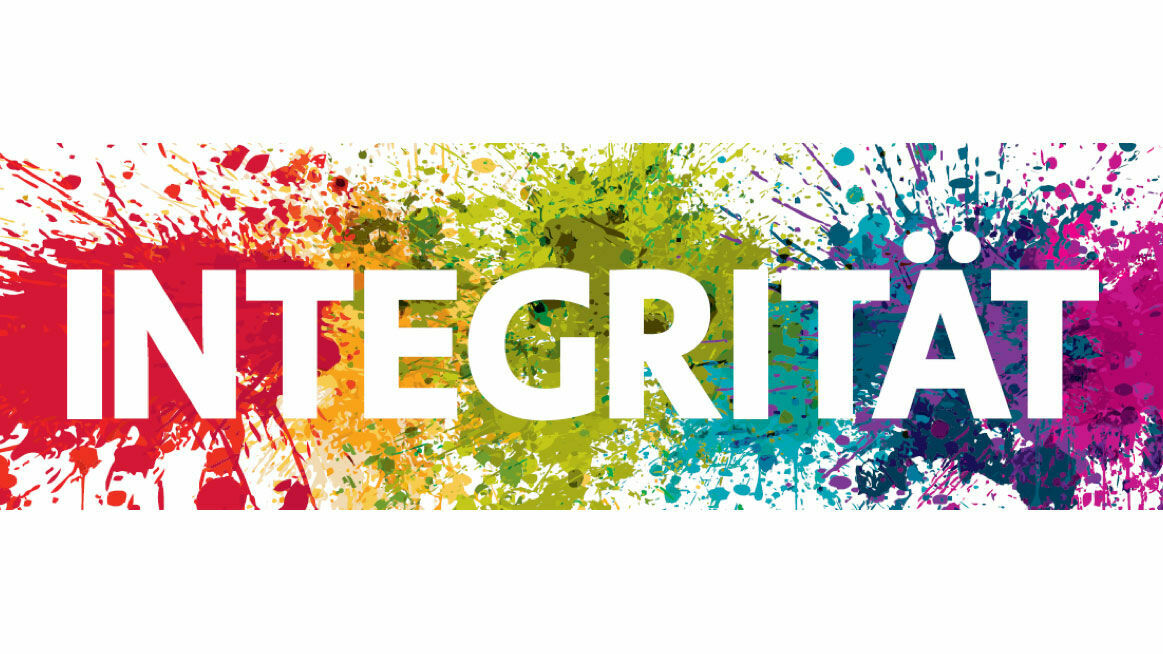
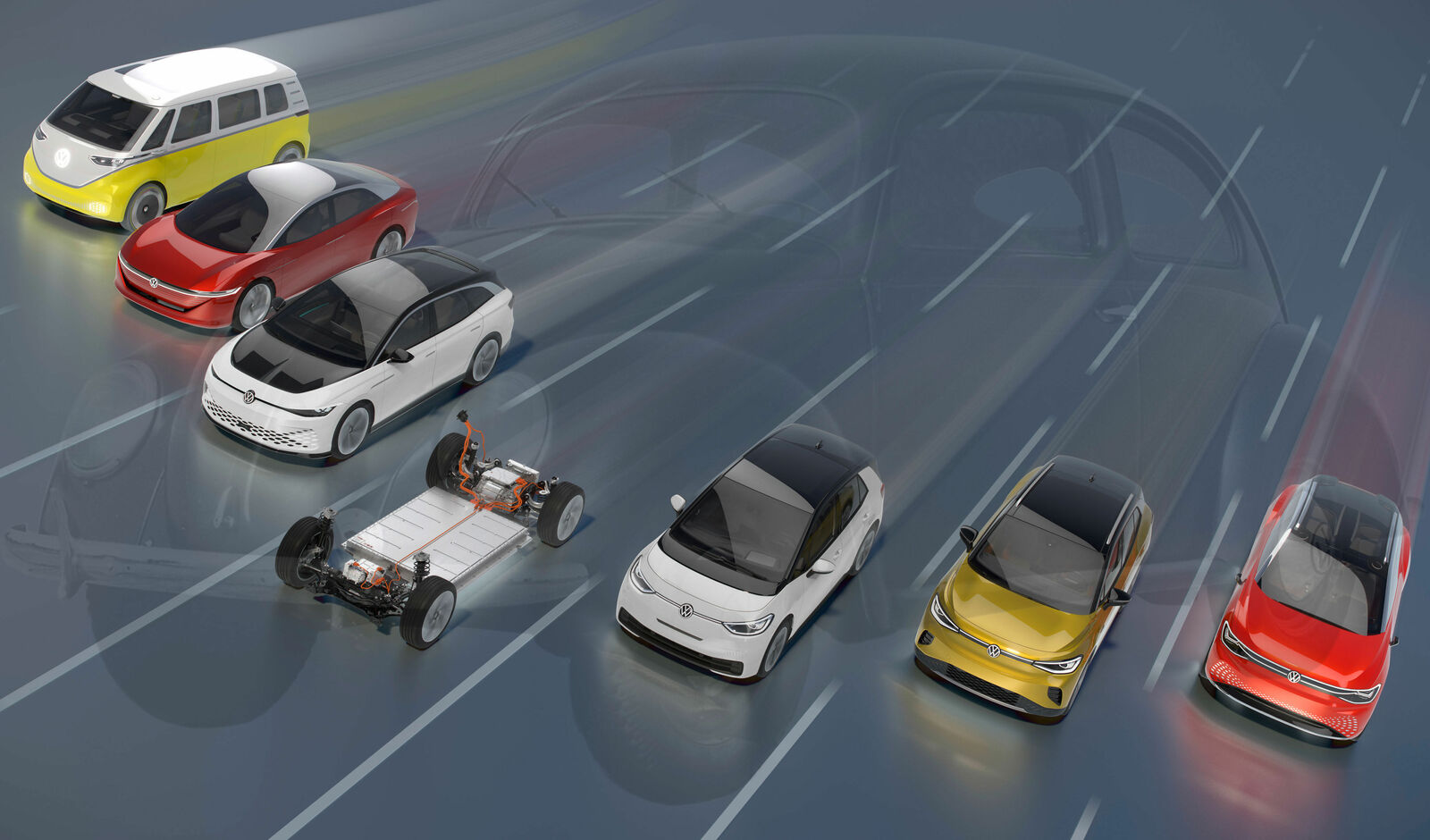

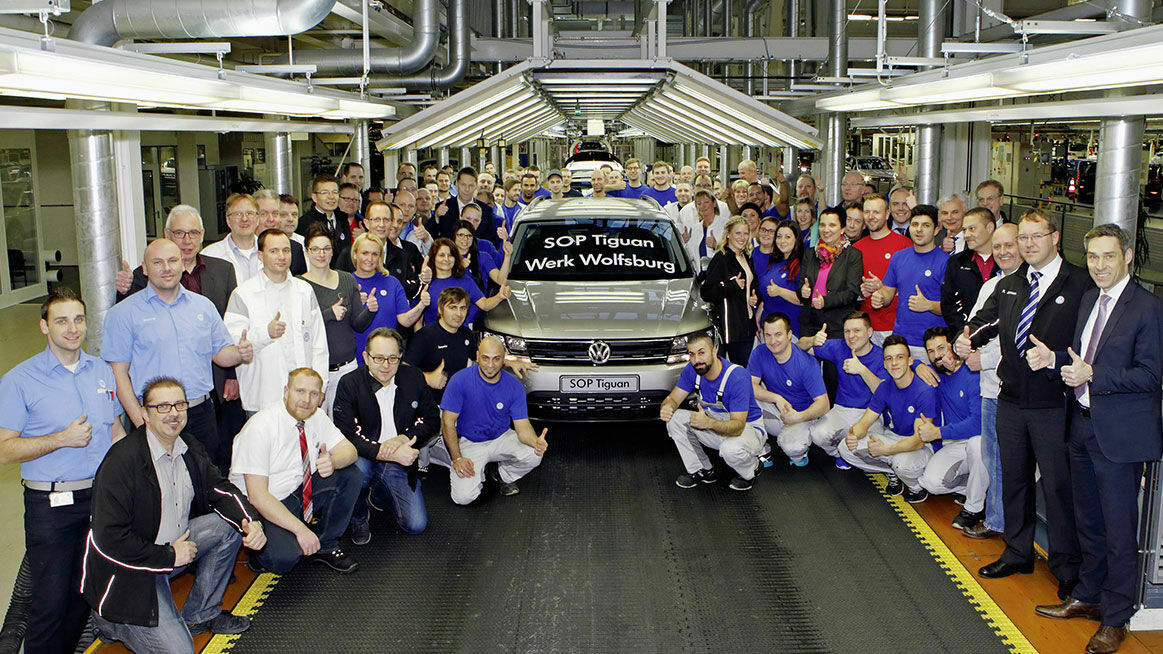
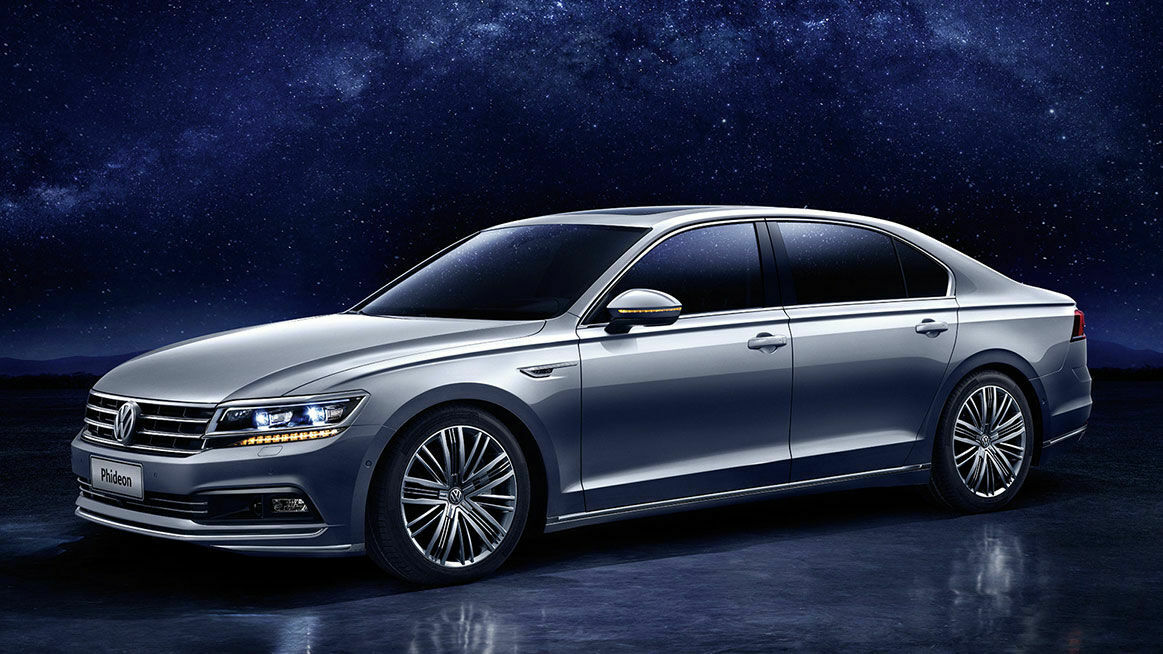
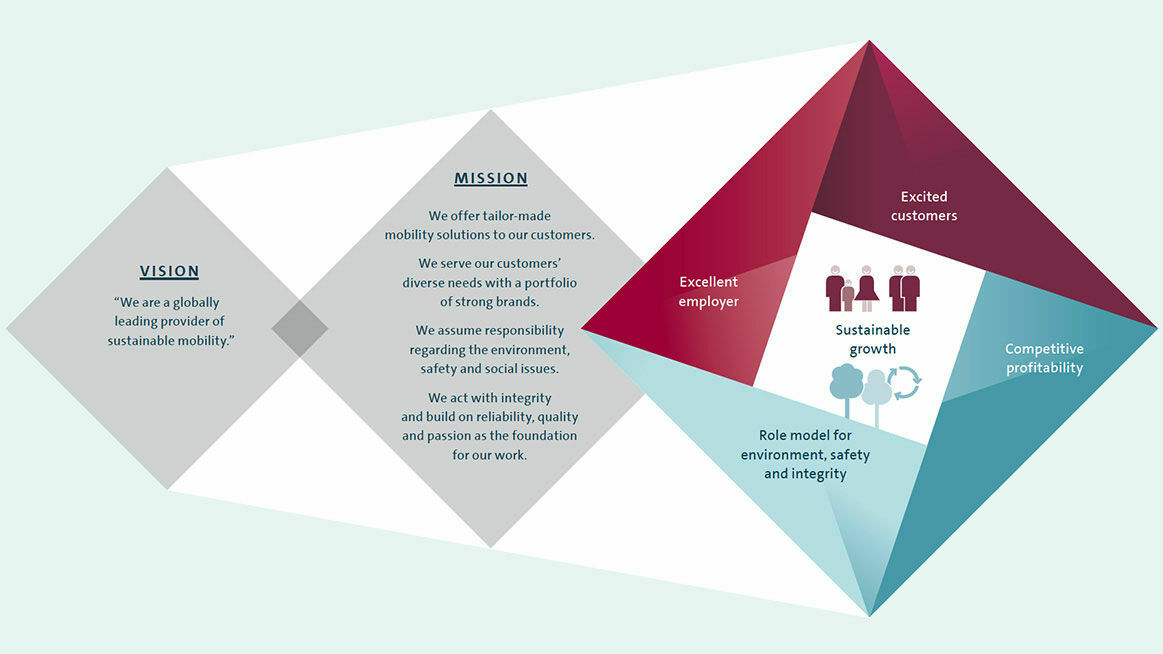
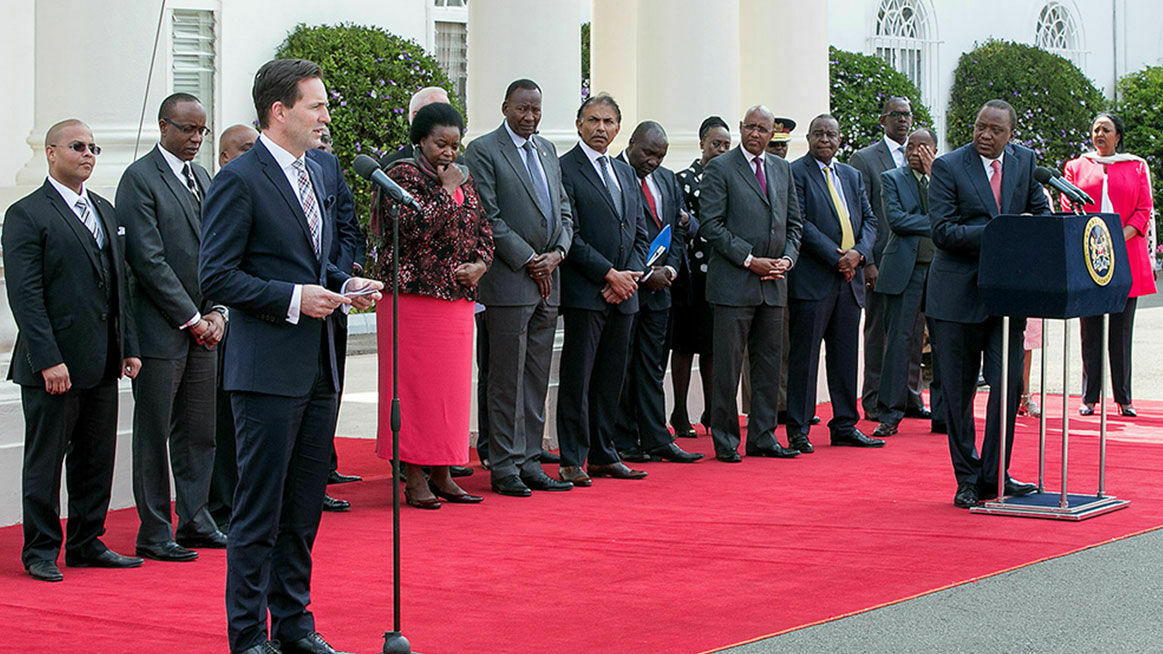
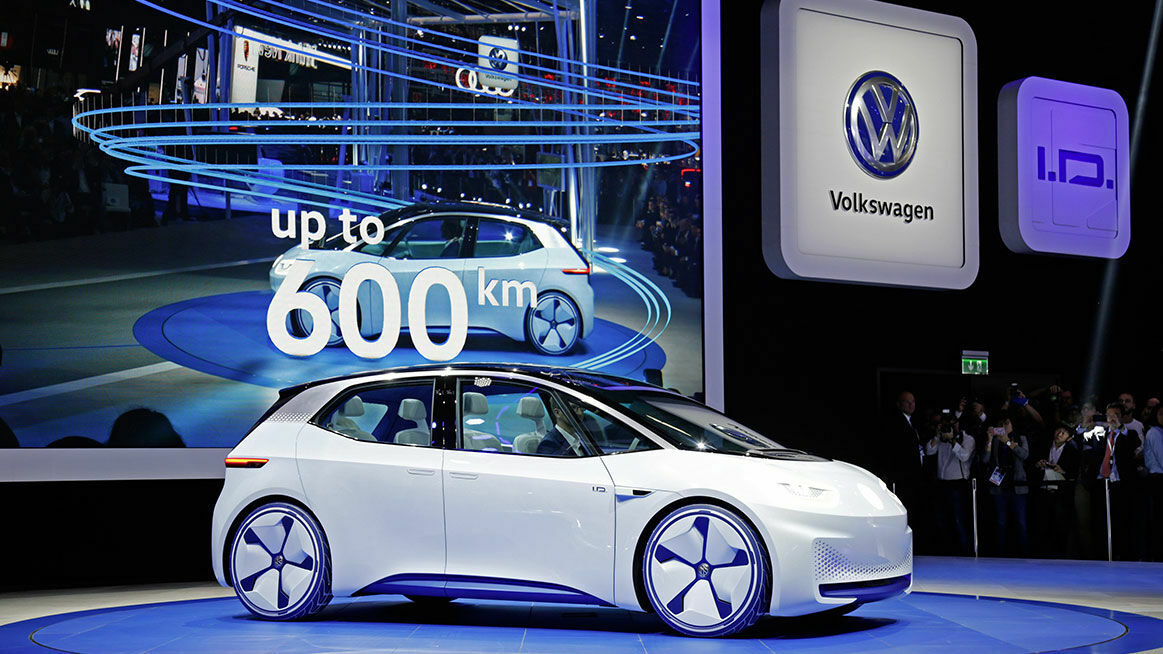
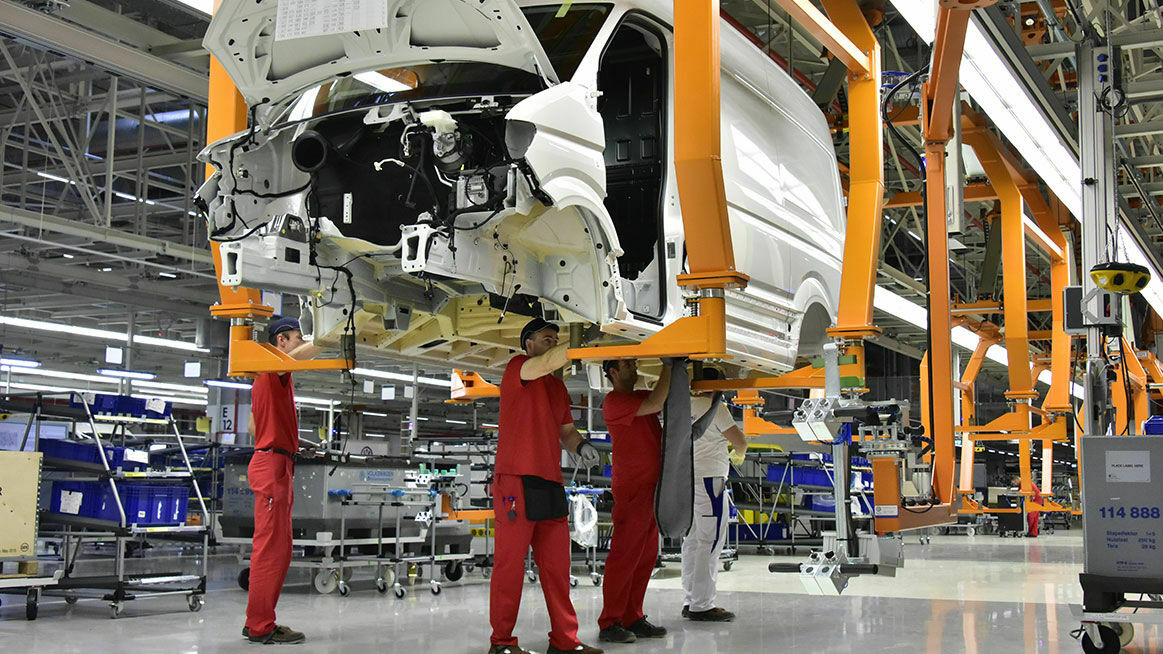
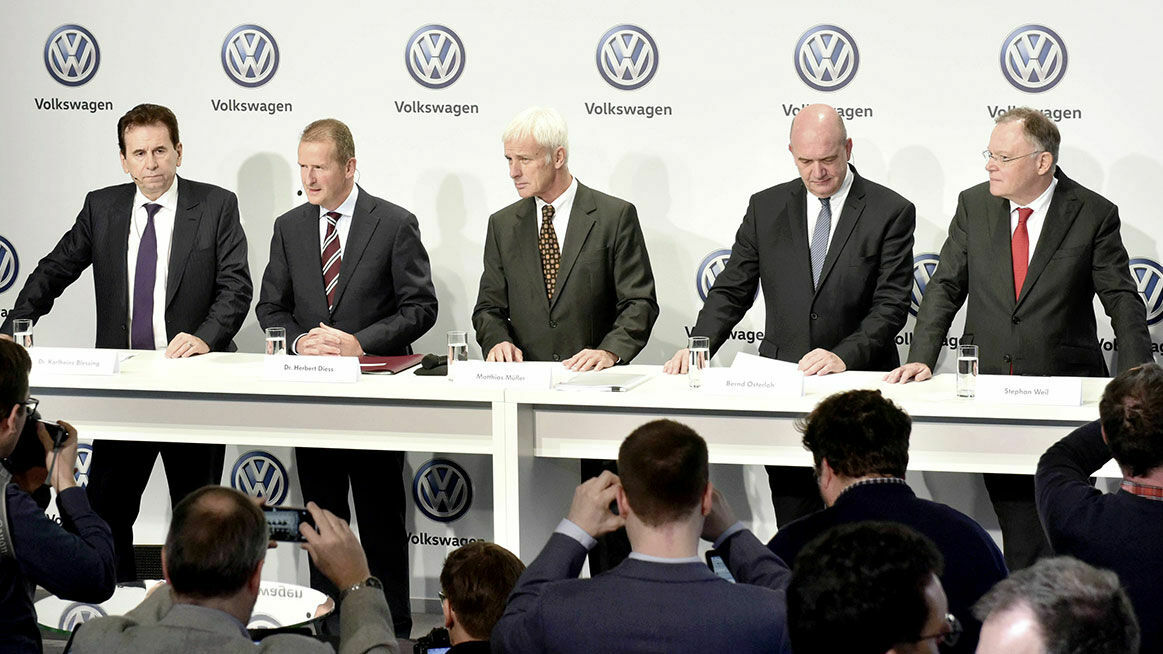
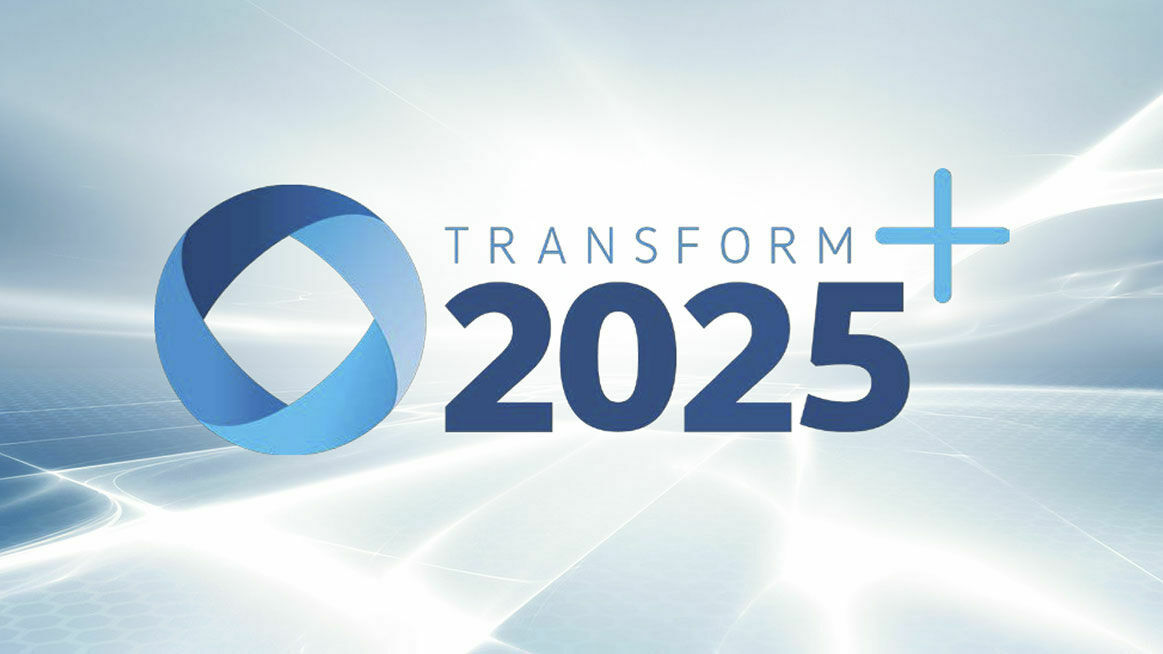
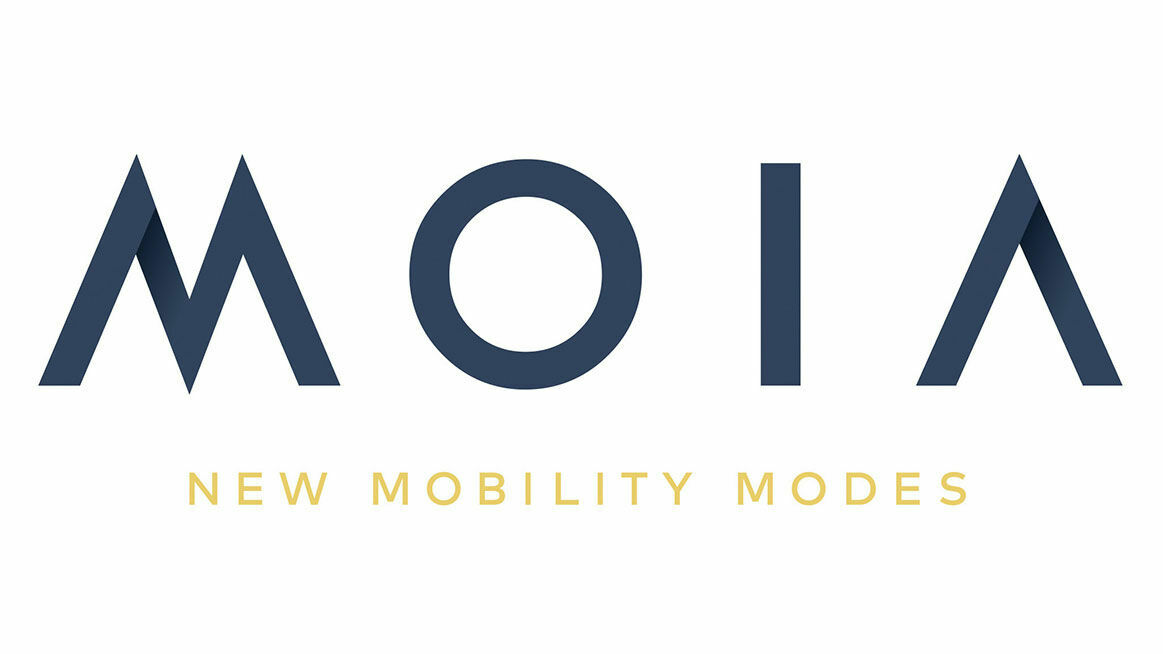
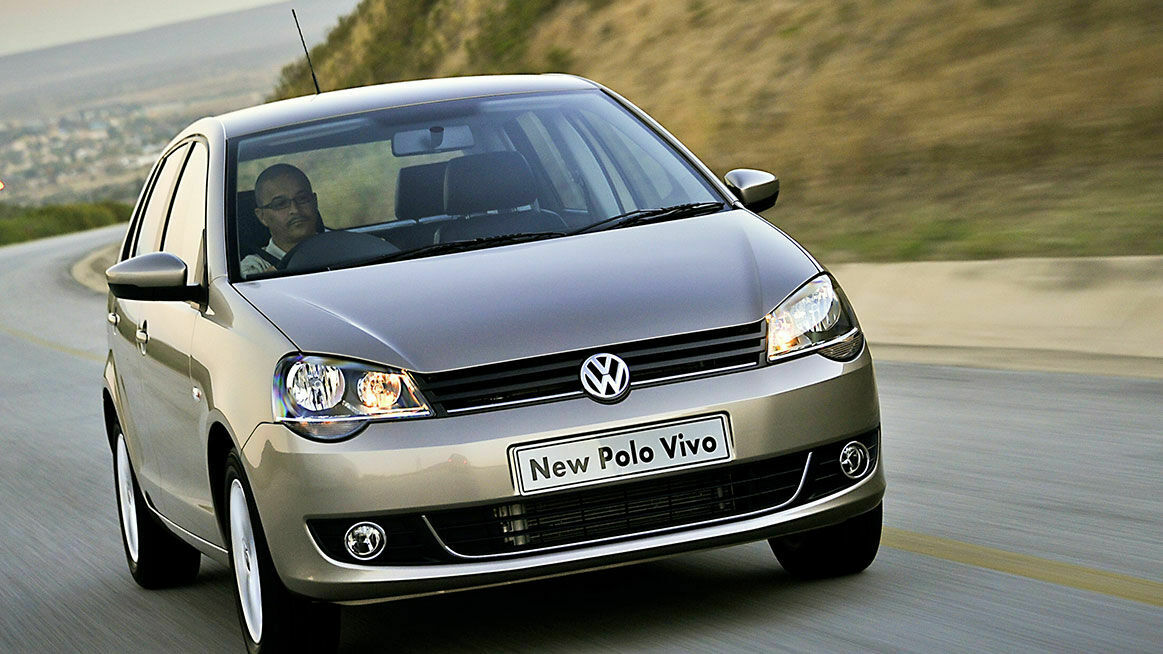
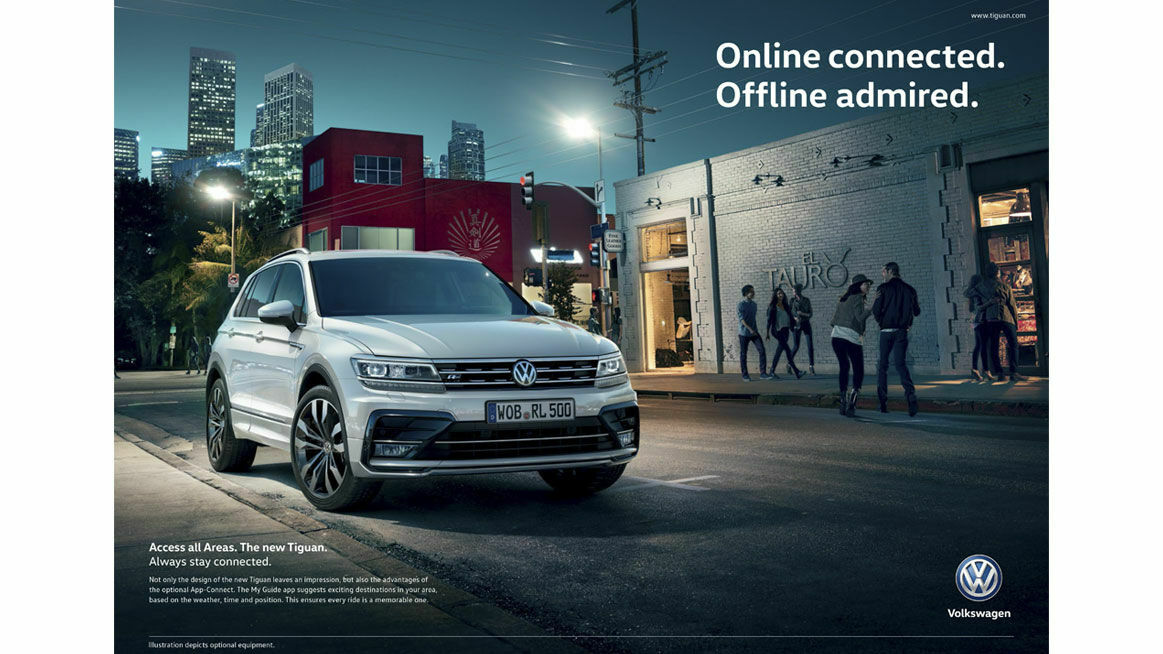
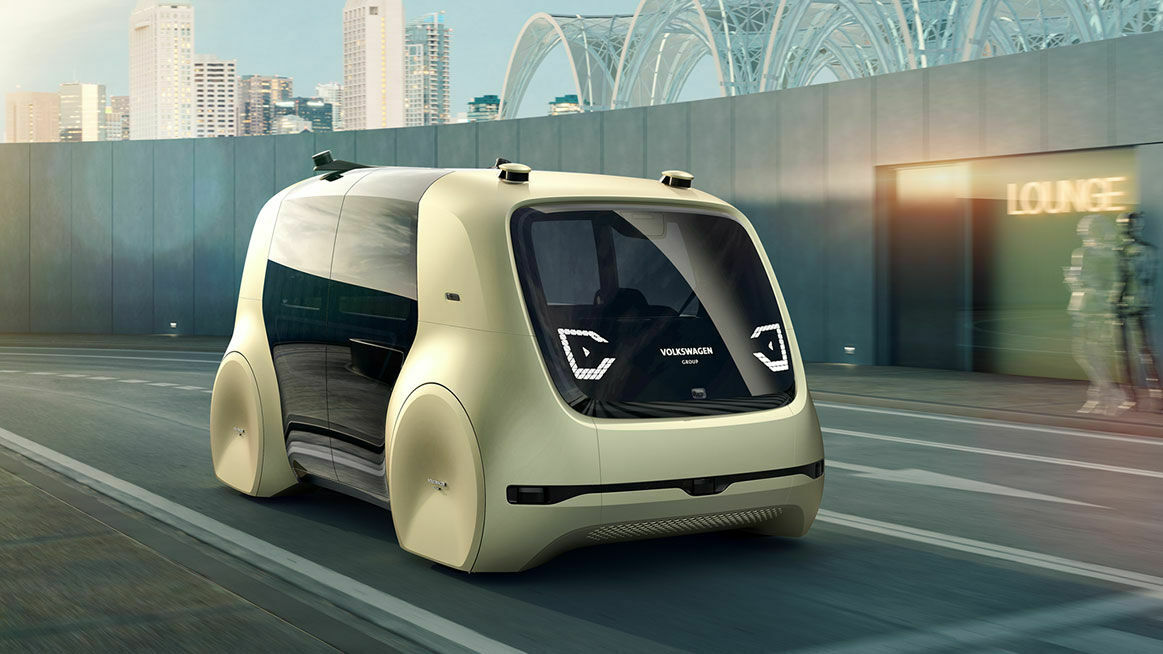
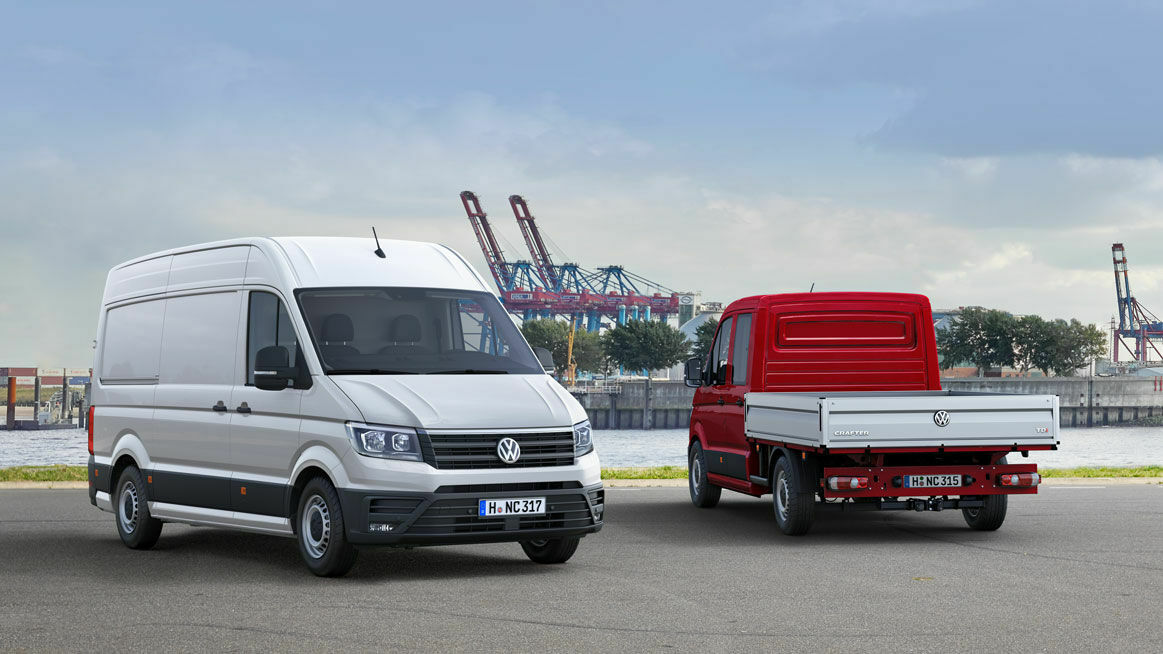
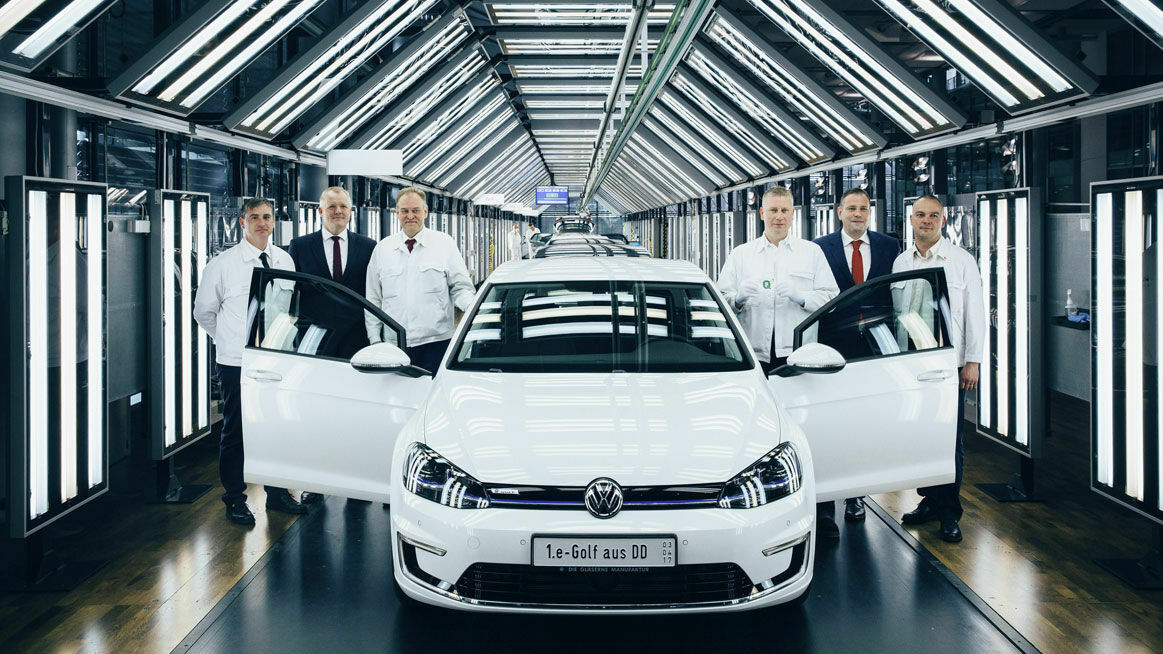
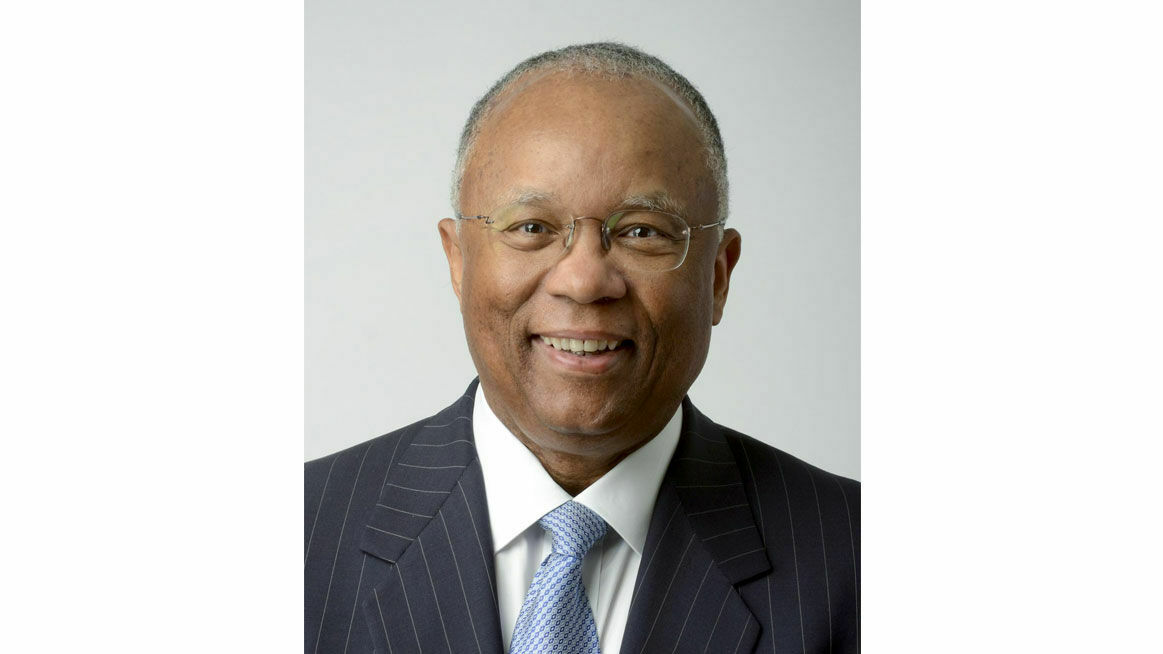
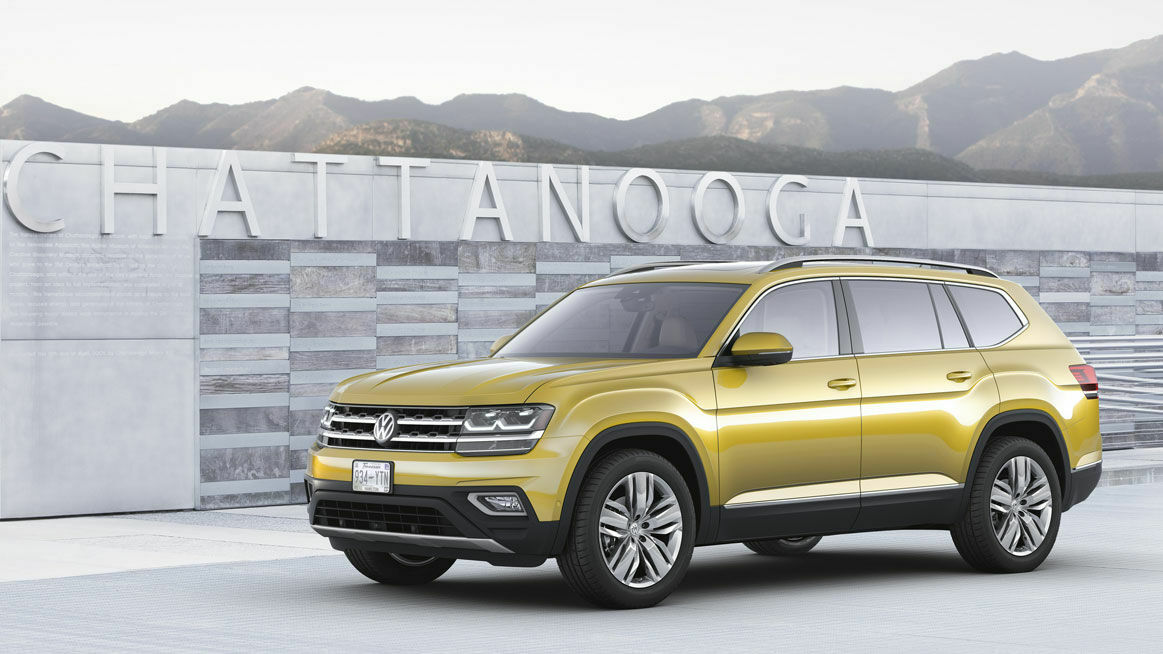
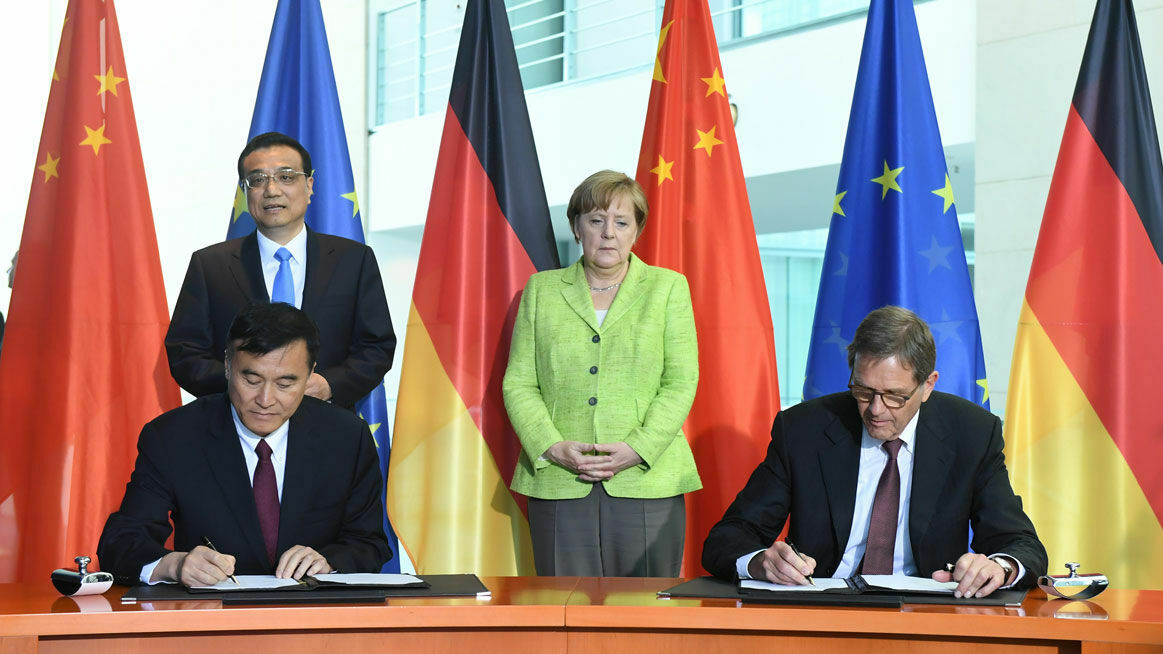
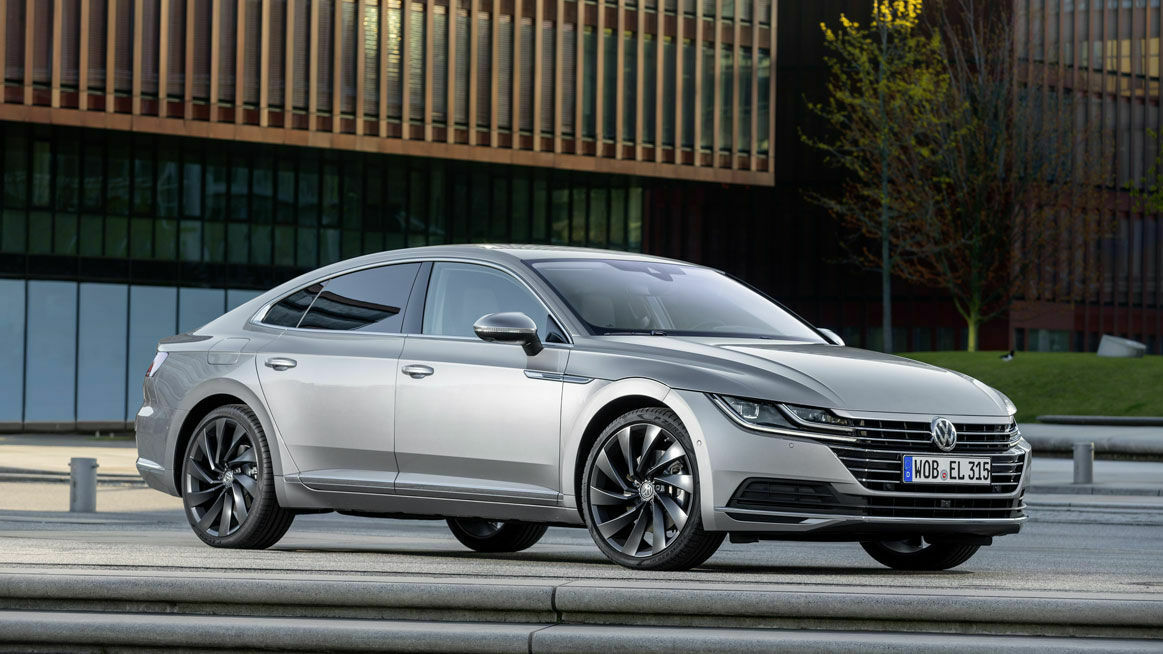
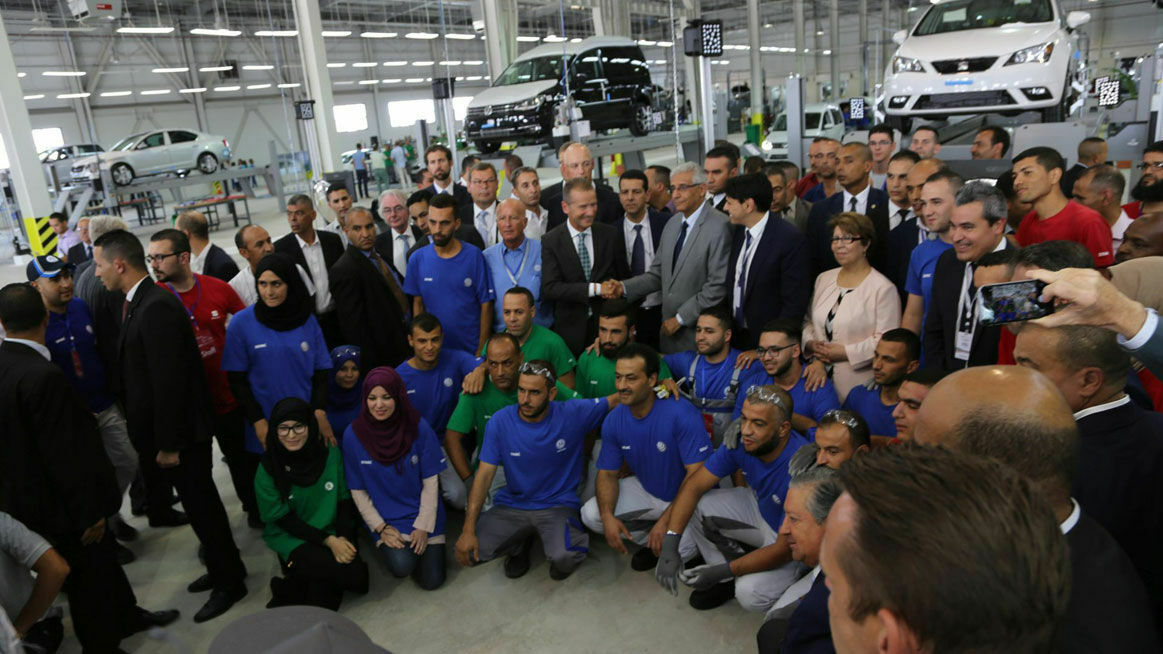
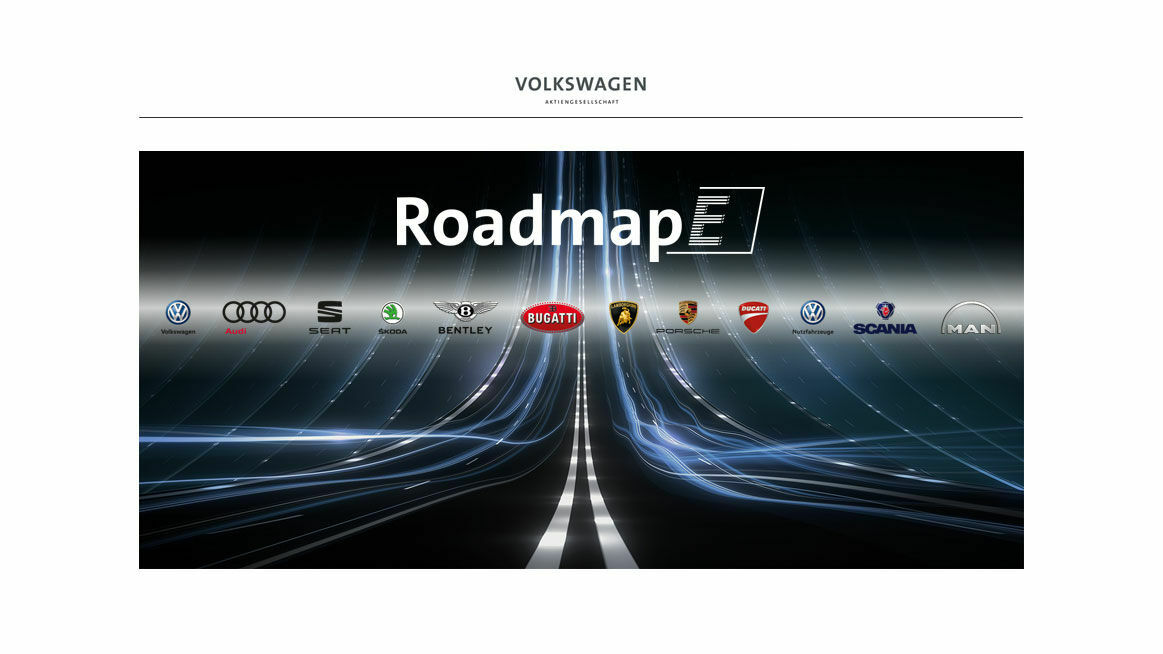
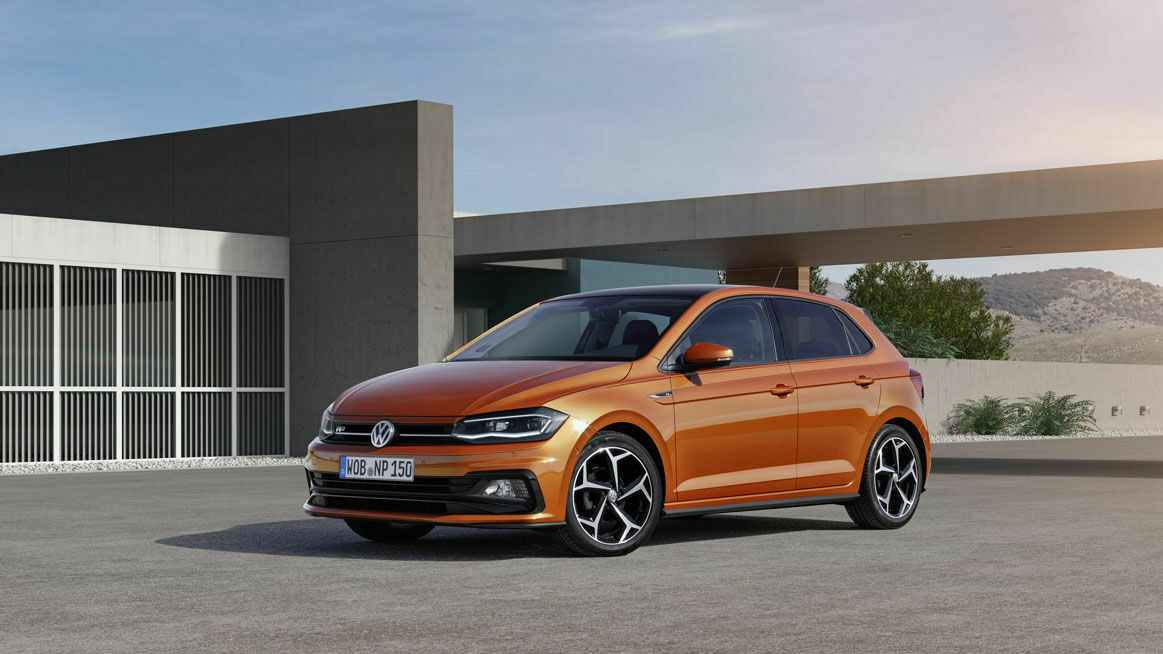
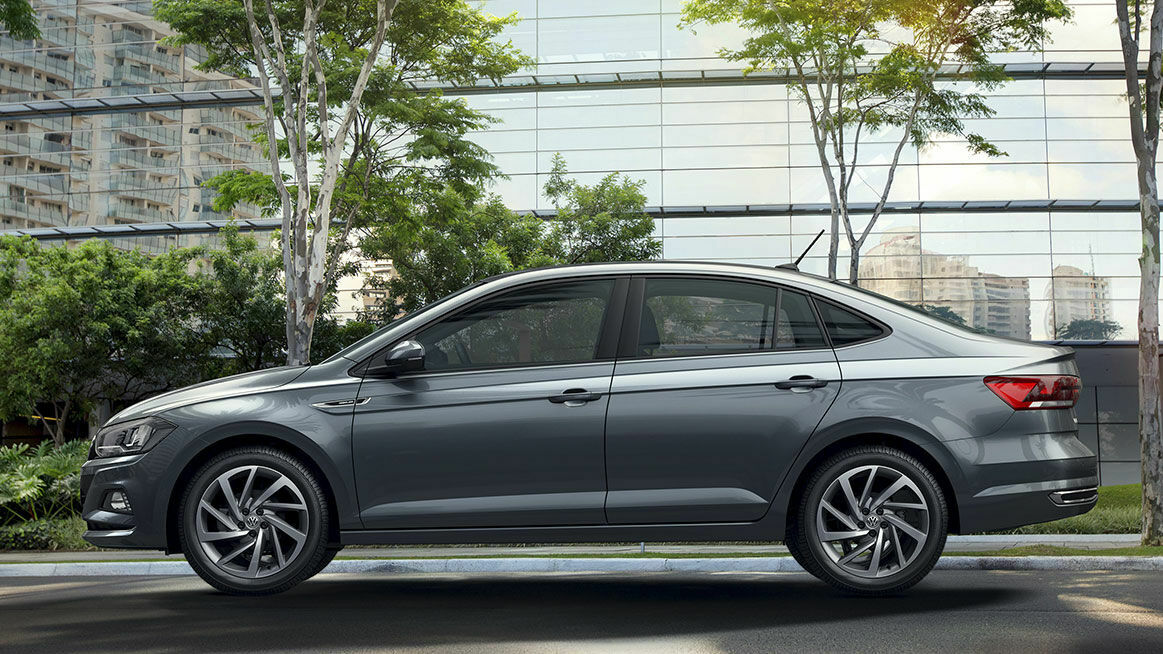
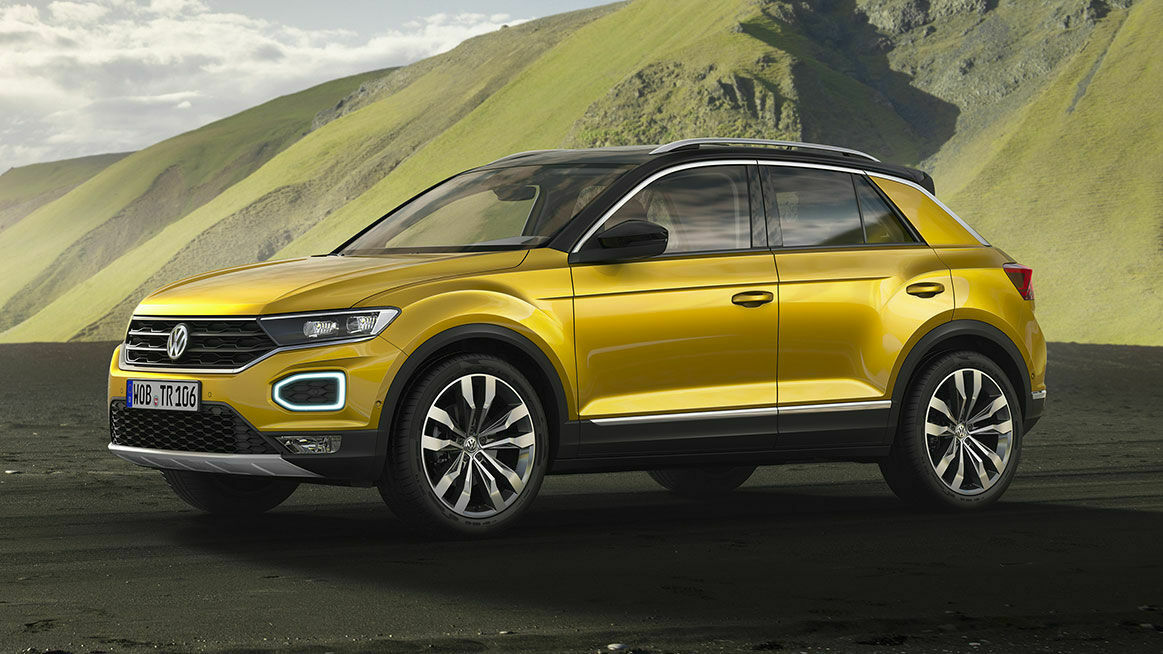
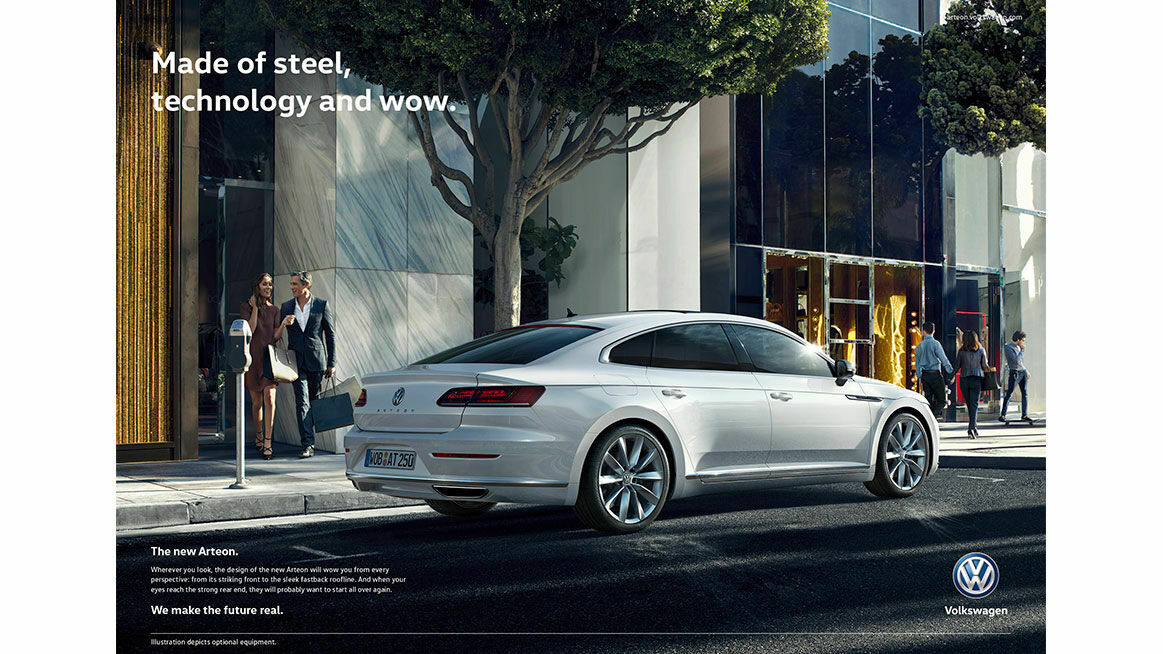
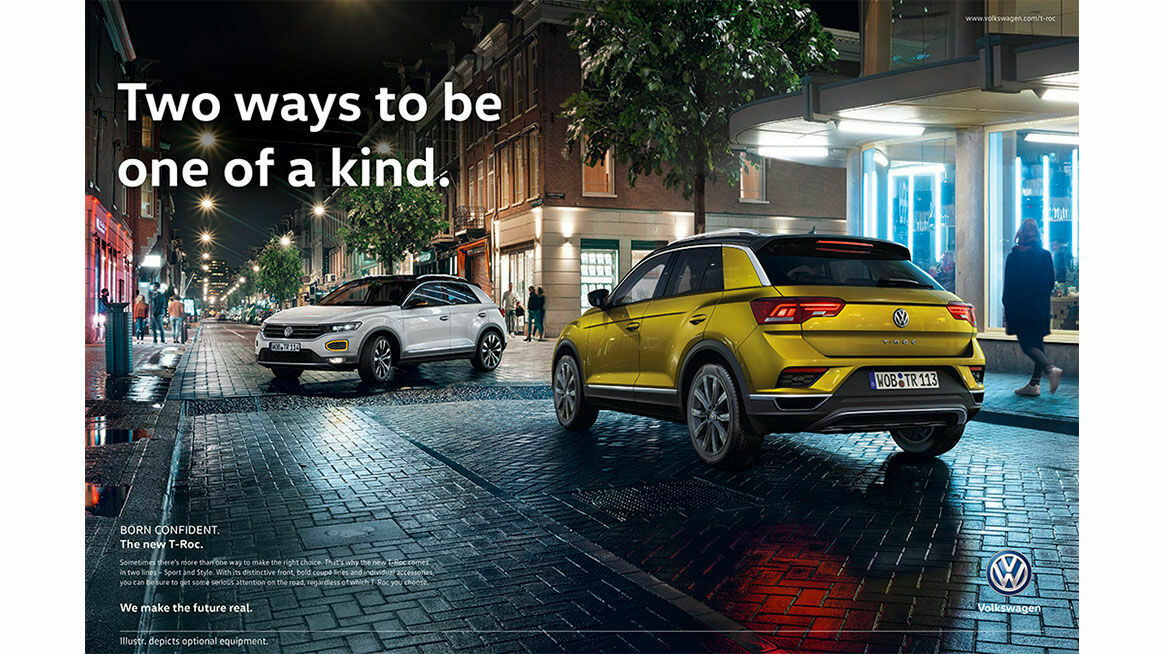
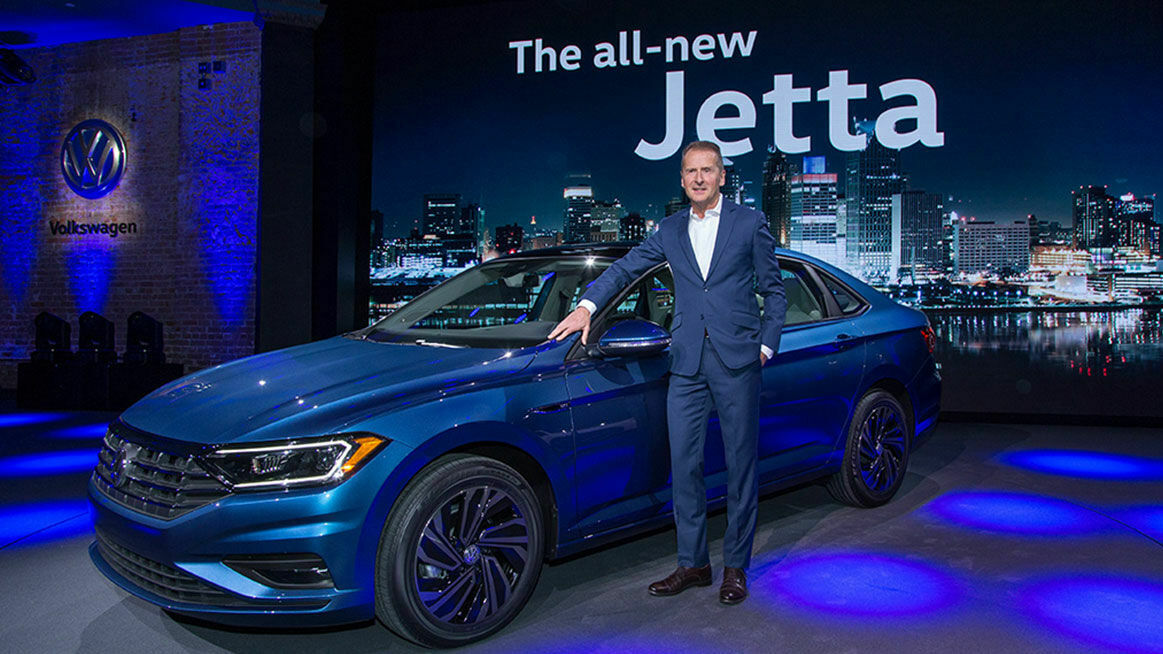
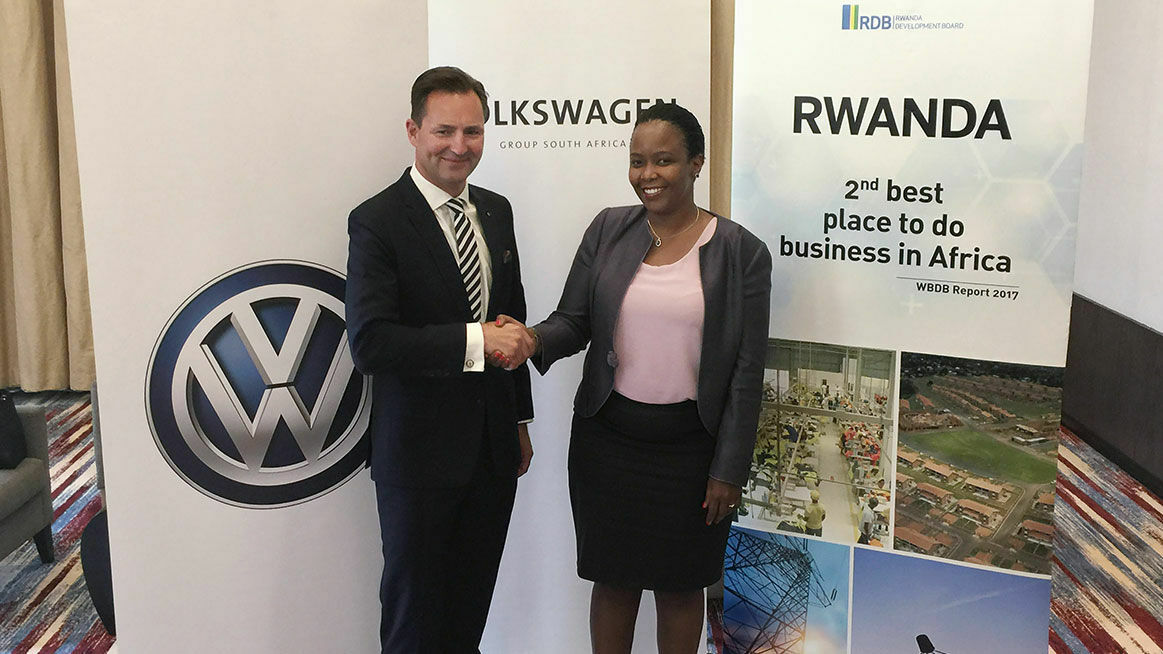
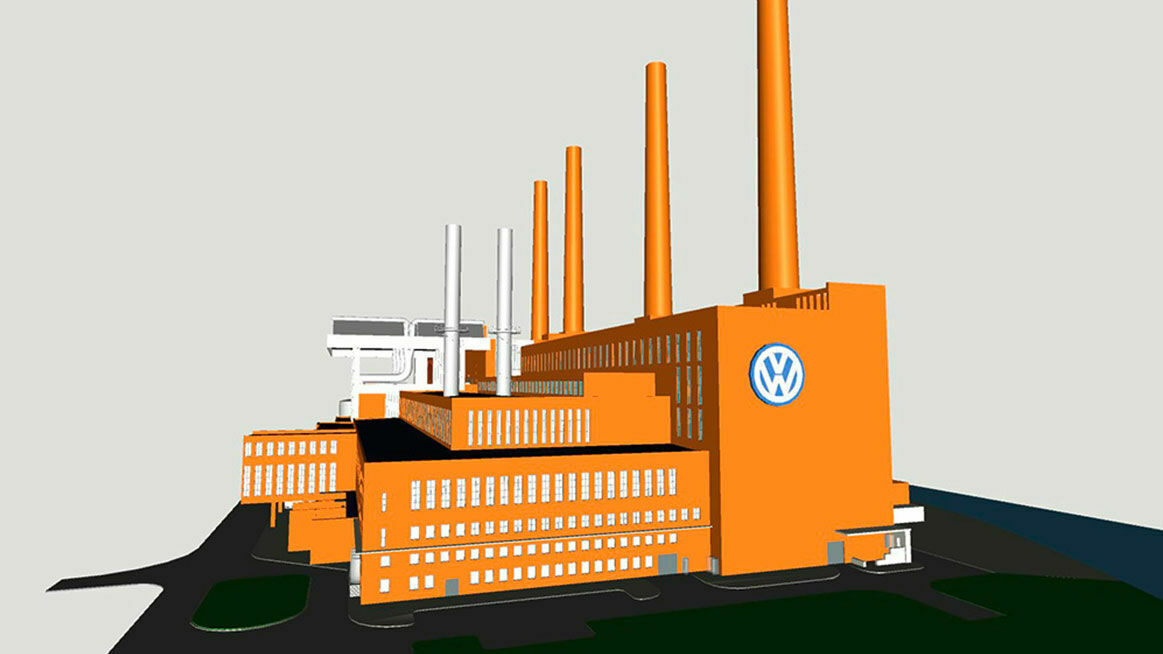
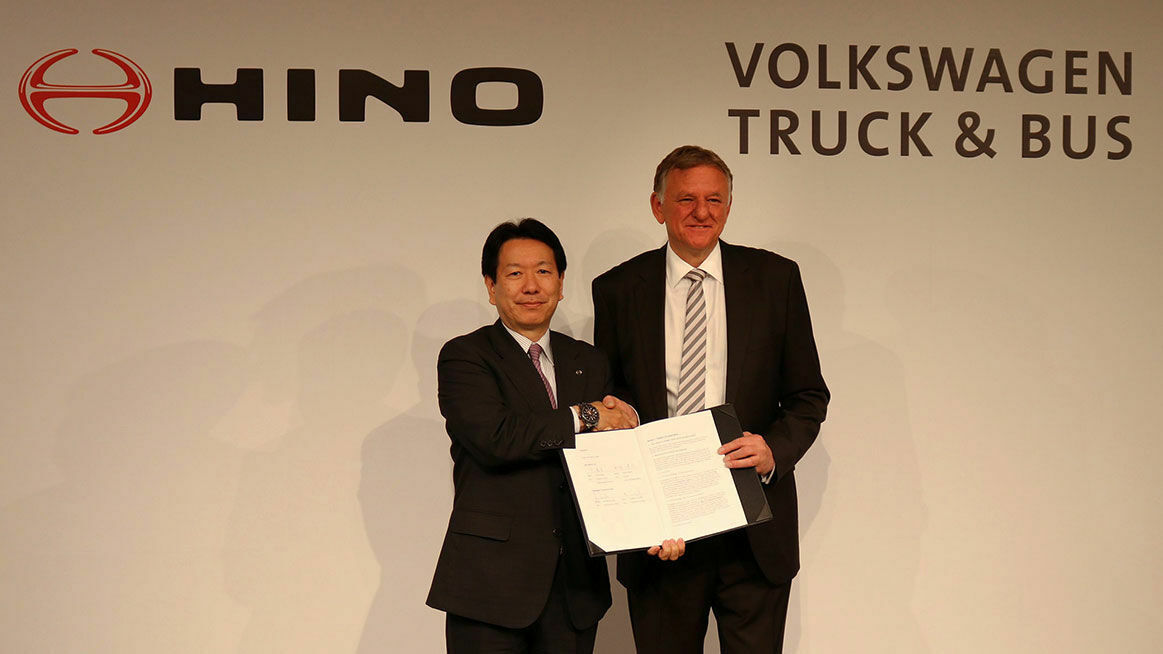
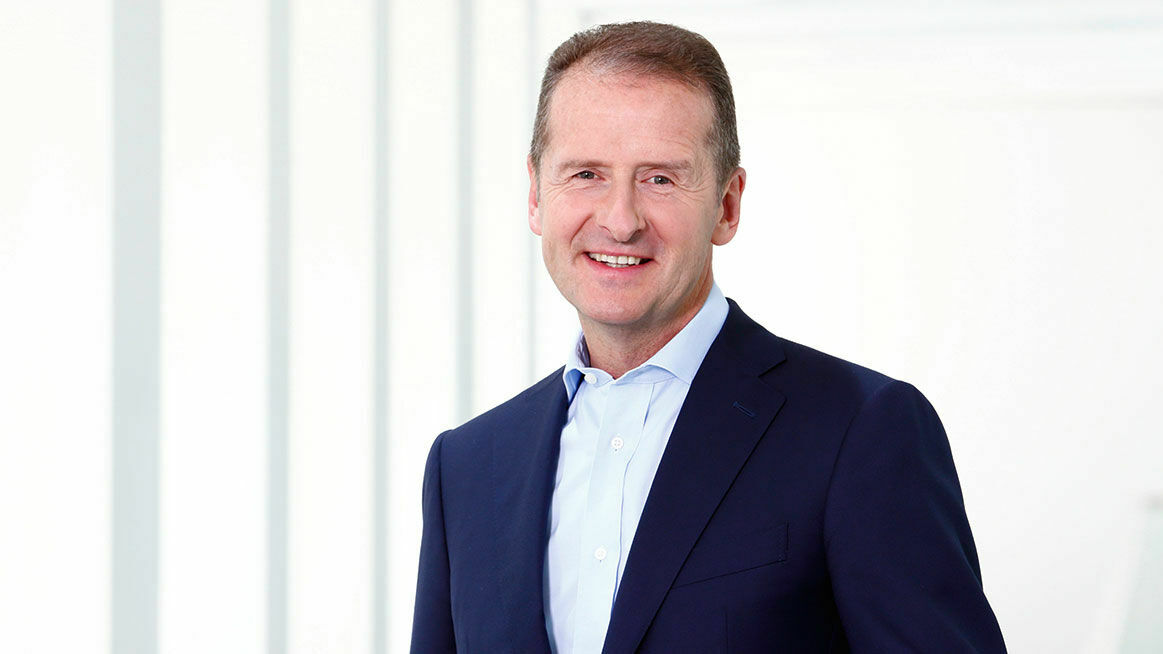
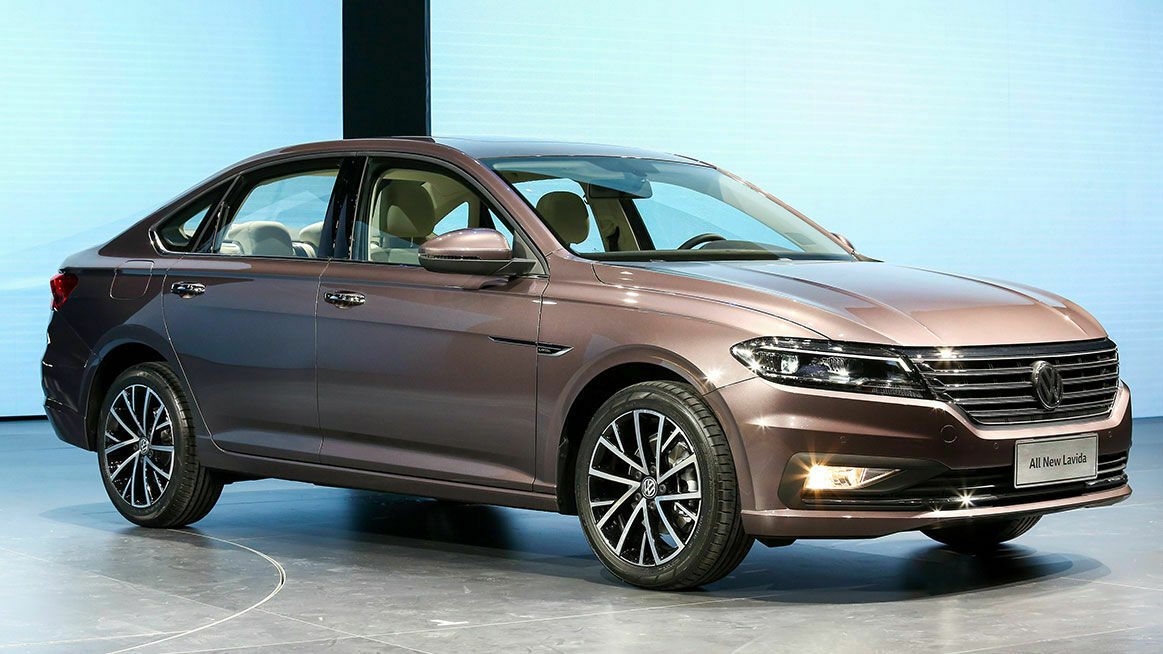
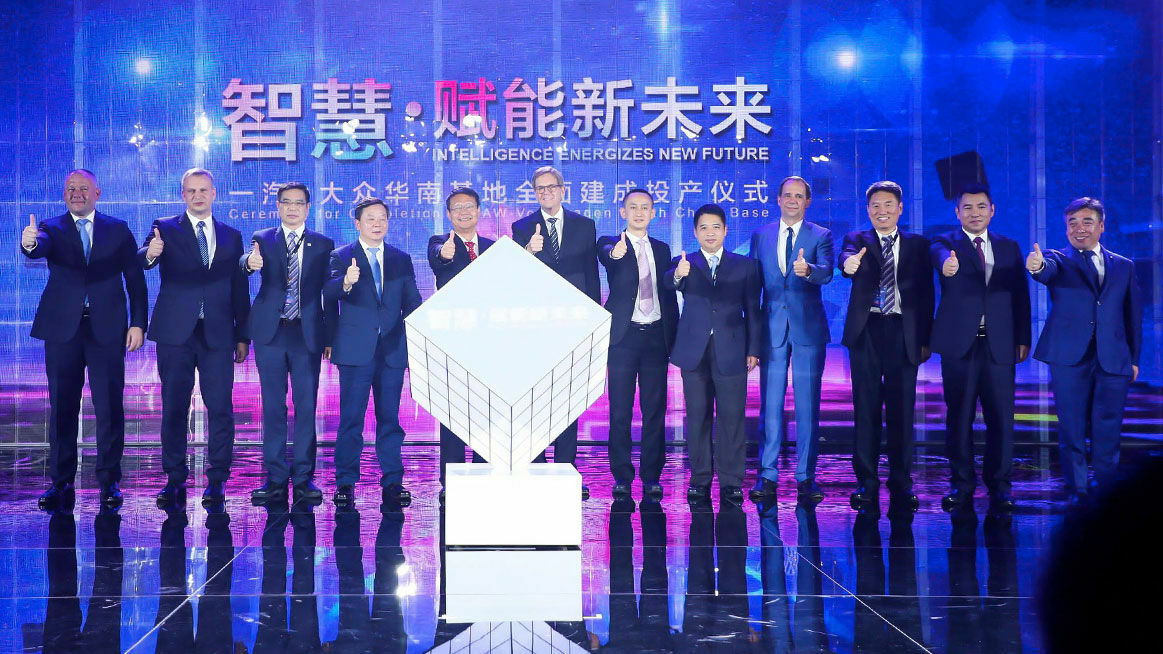
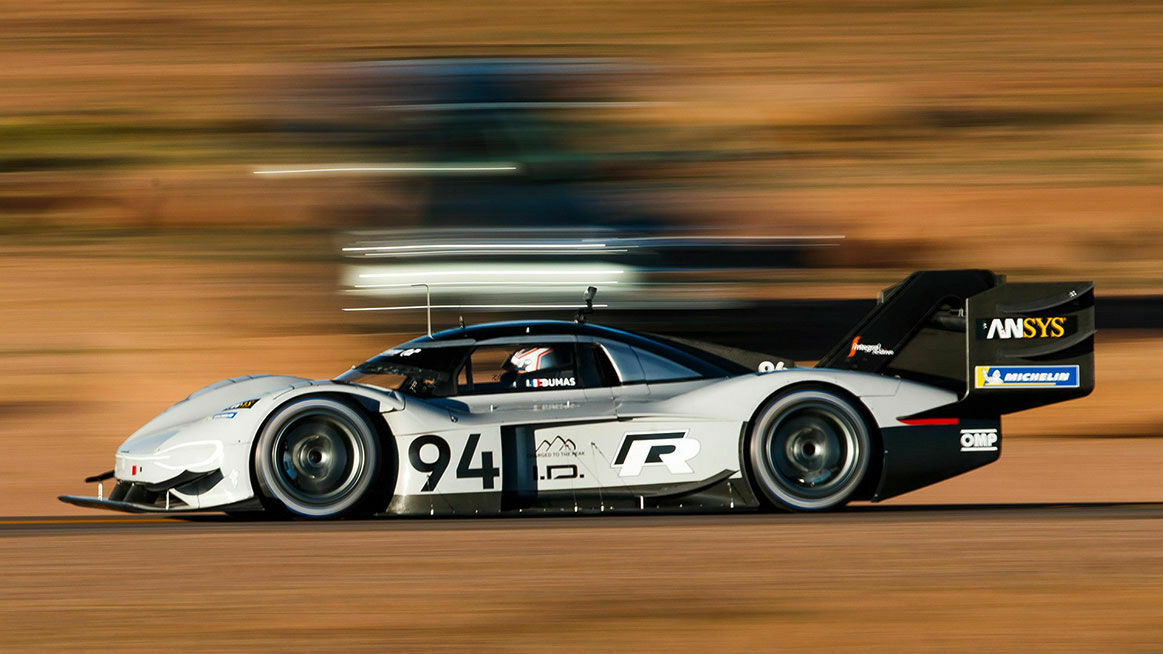
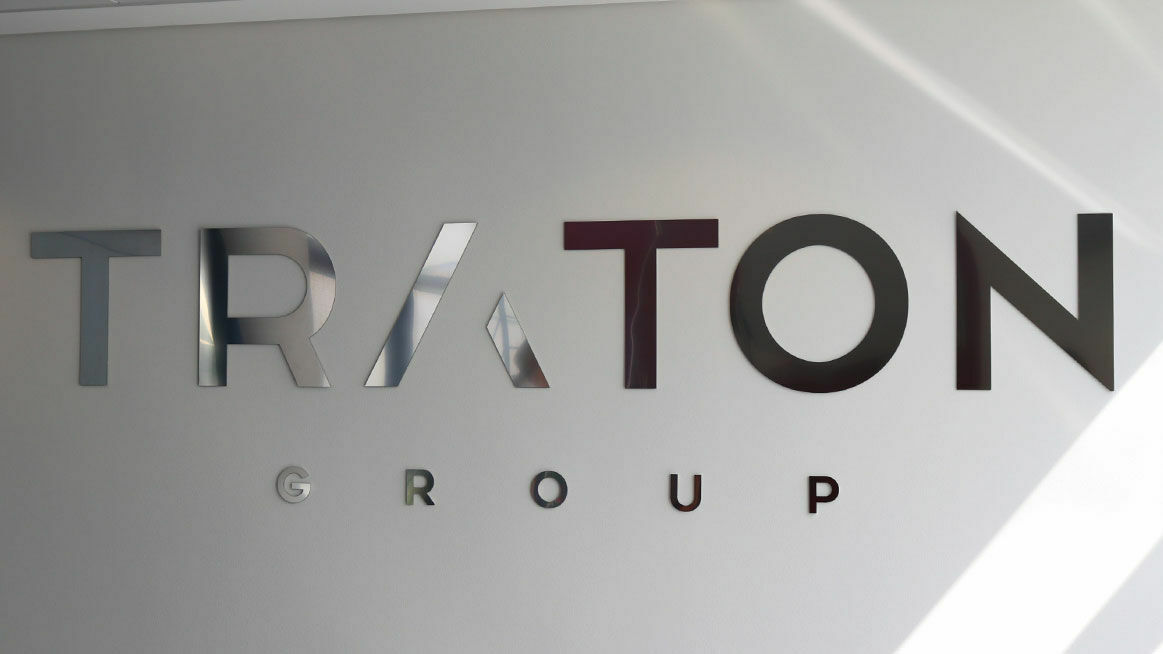
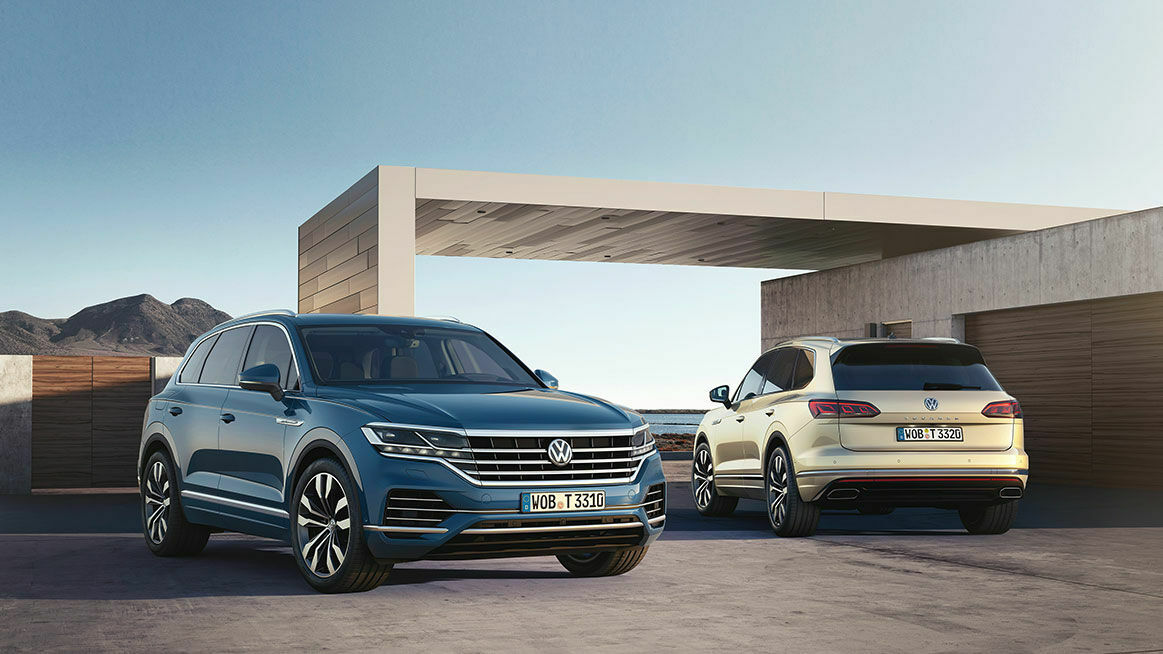
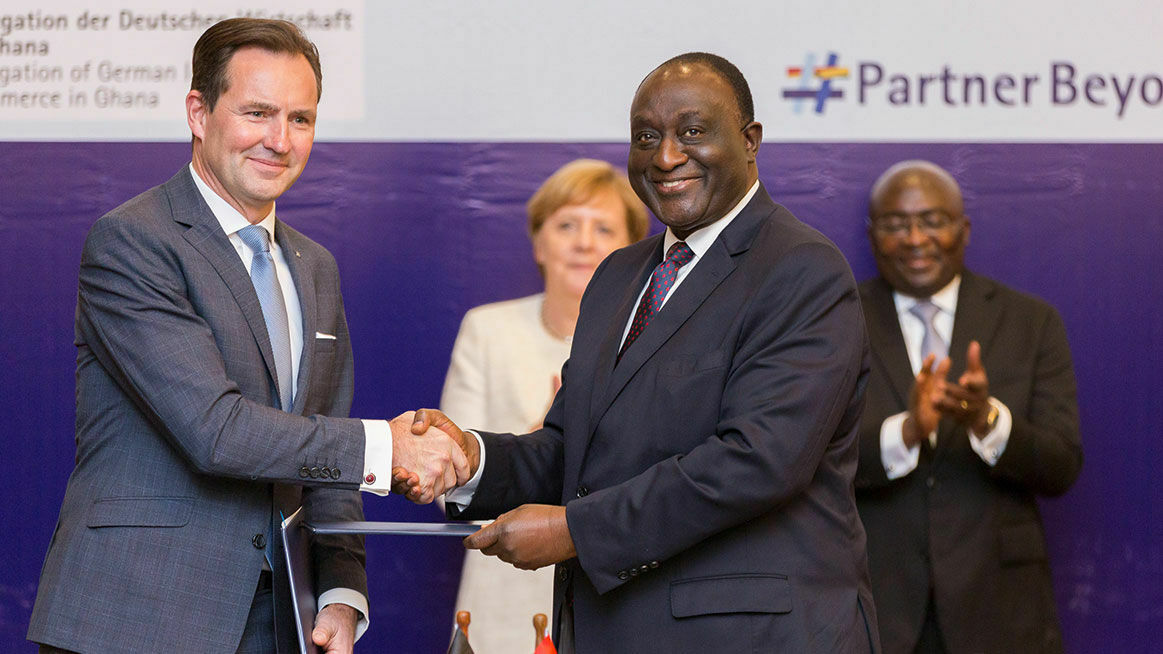
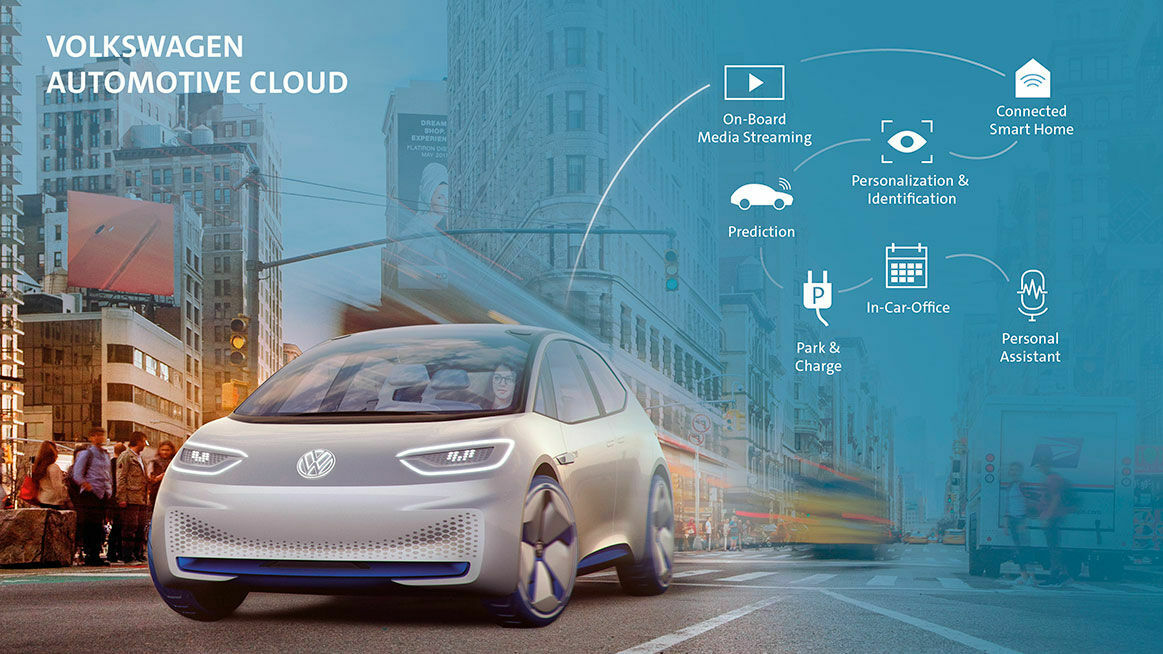
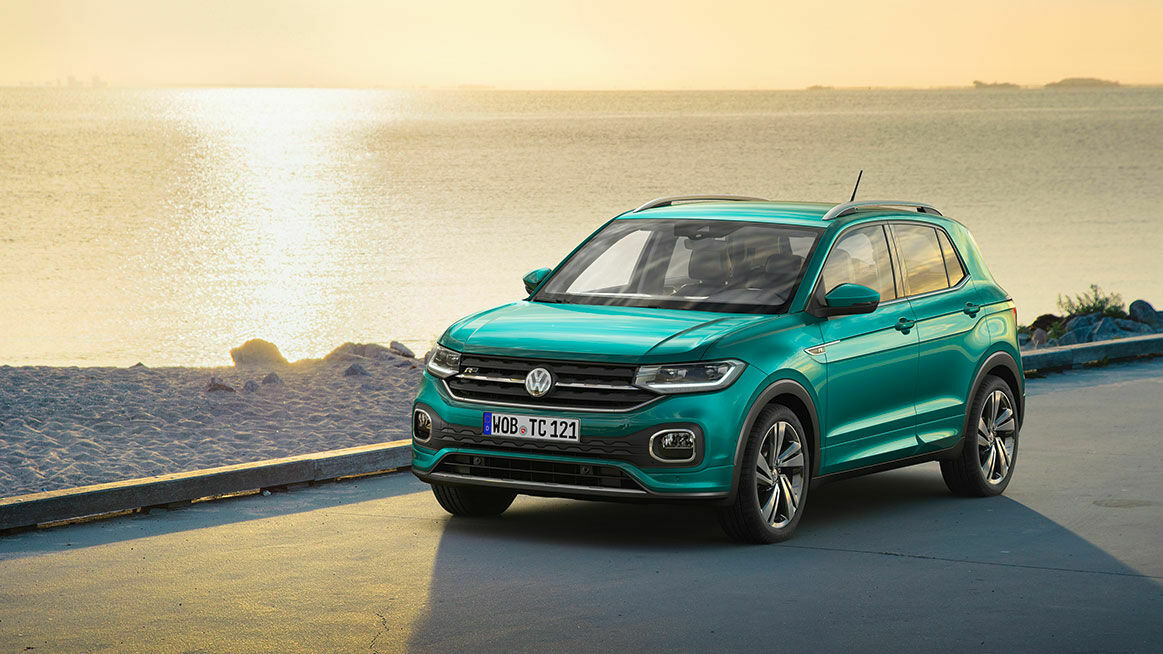
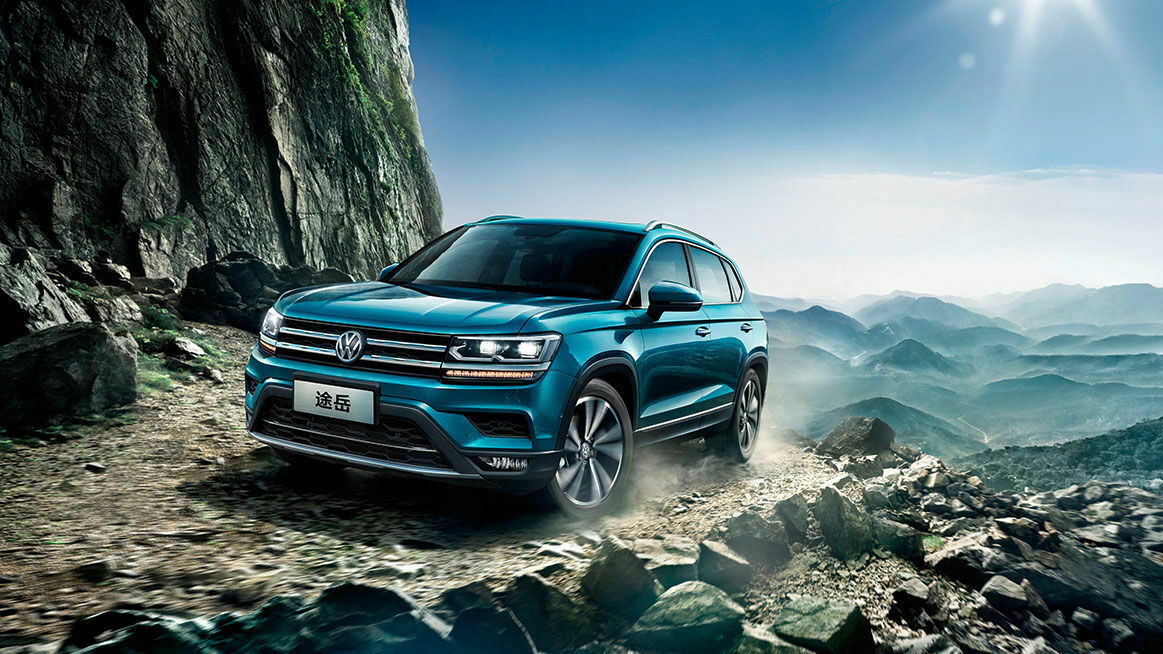
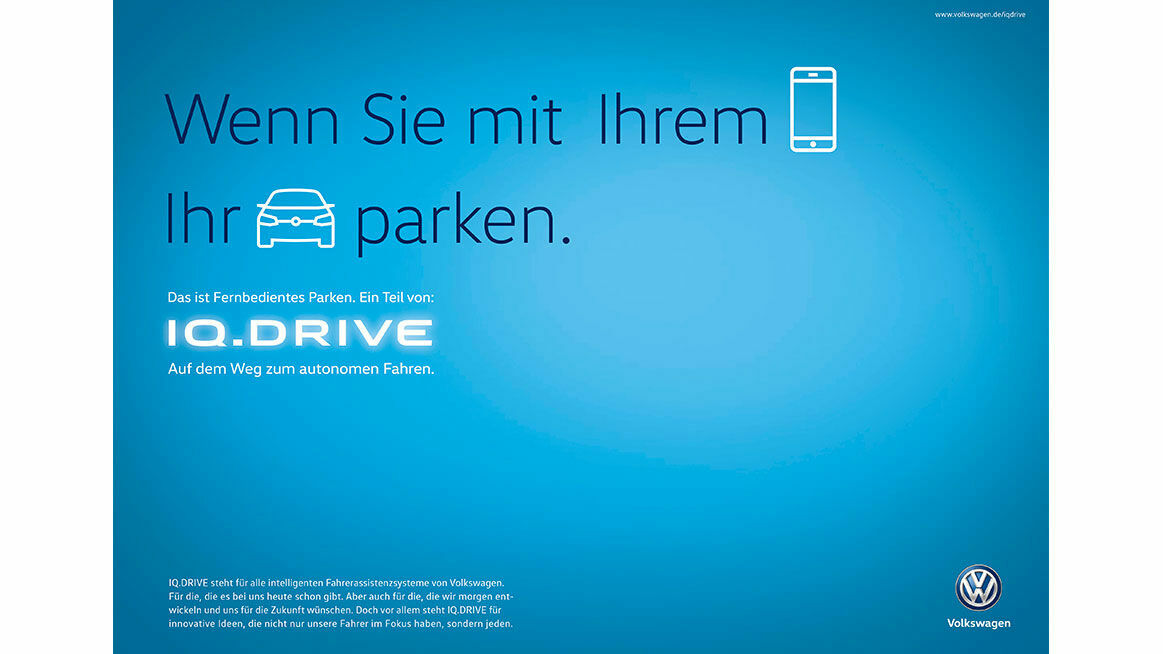
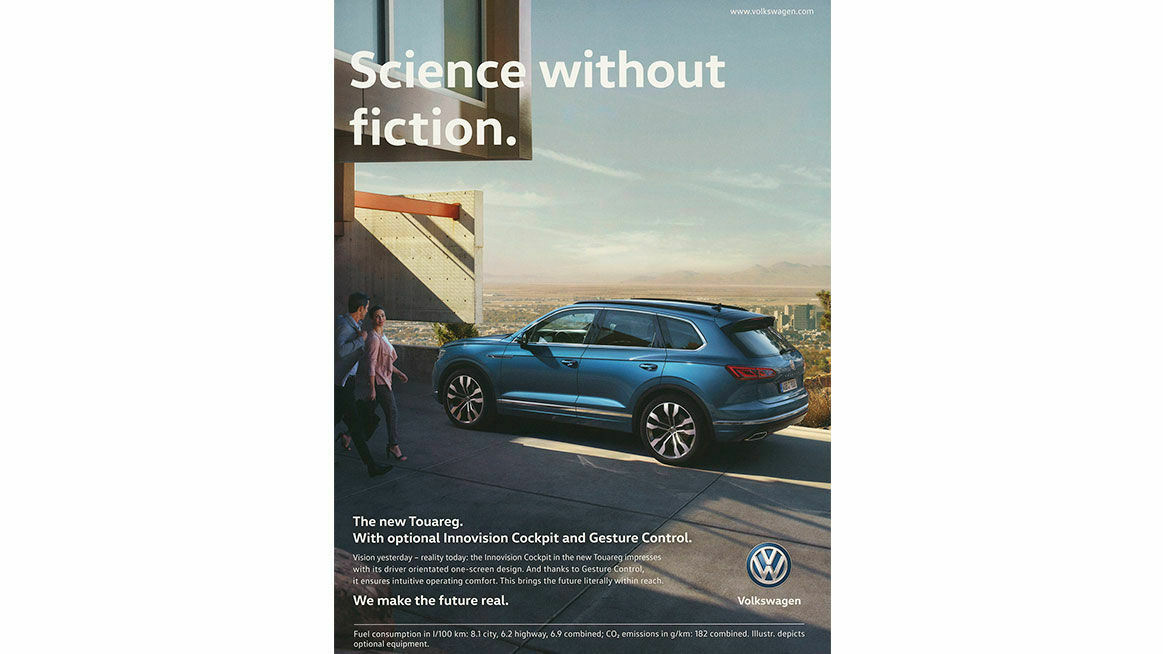
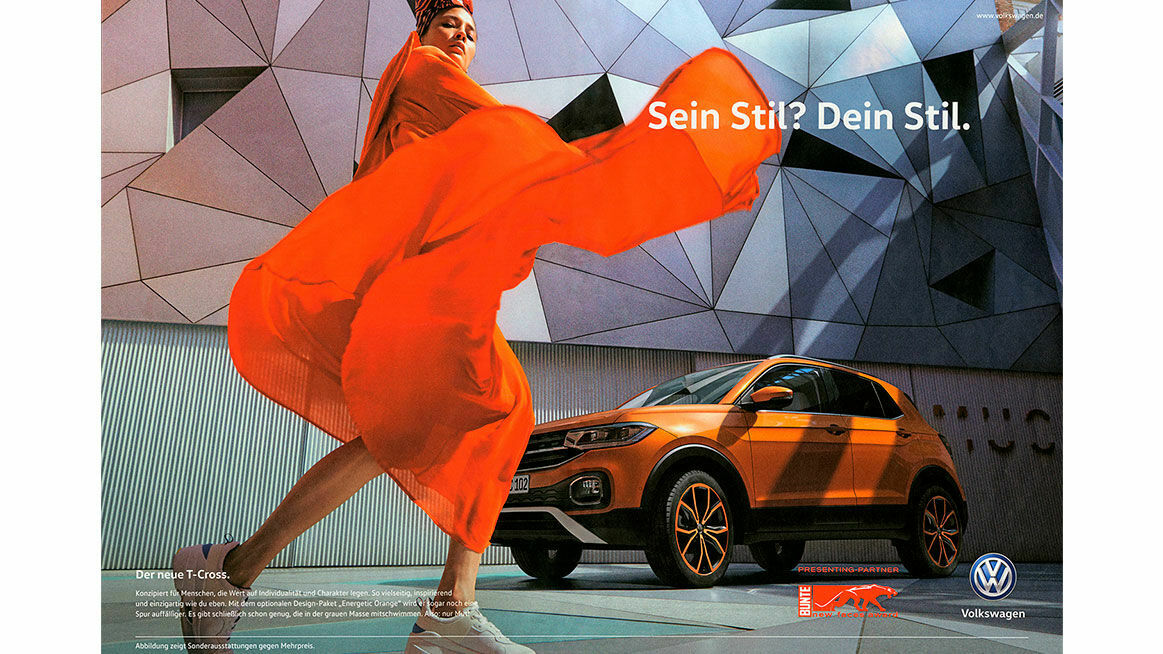

As part of its electric mobility strategy, Volkswagen joins the ranks of electricity providers by founding Elli Group GmbH, a Berlin-based subsidiary for energy products and charging solutions. The new Elli brand stands for electric life, and networked energy and mobility services for private and commercial customers. Intelligent electricity rates, wall boxes and charging columns, as well as an IT-based energy management system, are to create a strategically relevant business area for retaining and gaining customer groups.
Volkswagen AG establishes a global alliance with Ford Motor Company to increase competitiveness and efficiency as well as to reduce costs; the alliance does not provide for interlocking capital arrangements. The first joint project is to develop a medium-sized pick-up for the world markets by 2022. A larger transporter developed by Ford for both partners will follow for the European market, whilst Volkswagen works on a city van to be launched on the market. On 12 July, Ford and Volkswagen expand their global cooperation to include the fields of autonomous driving and electrification. On the one hand, both partners participate equally as majority shareholders in the specialist company Argo AI in order to integrate its self-driving system according to SAE Level 4 into their own fully automated models. To this end, Volkswagen involves its subsidiary Autonomous Intelligent Driving (AID). On the other hand, Ford will use Volkswagen’s modular electric drive matrix (MEB) for at least one zero-emission volume model to be offered in Europe from 2023.

With the signing of a Memorandum of Understanding for the development of the automotive industry in Ethiopia, the Volkswagen brand further expands its commitment in the Sub-Saharan Africa region, where similar plans already exist in Ghana and Nigeria. In addition to the establishment of vehicle assembly, as well as the localisation of component production and the introduction of car sharing and ride hailing, a training centre is planned.

JETTA is a new Volkswagen brand launched in China that appeals to young customers, in particular with its high level of quality and safety, a distinctive design language and good value for money. Beginning in September, the brand will start its own model and brand family by launching a sedan and two SUVs produced by FAW-Volkswagen in Chengdu. The brand, which focuses on covering entry-level mobility, makes use of the popularity of the Volkswagen Jetta, which has been manufactured in China since 1991 and has been purchased millions of times. The JETTA vehicles are sold via a network, which numbers 200 dealers within a year, and via innovative direct formats such as digitalised showrooms, mobile sales trucks and shopping malls. In the first three months, the new brand sells more than 30,000 vehicles, almost 80% of which are SUVs.
In addition to its 20% stake in the Swedish battery cell manufacturer Northvolt AB, Volkswagen AG invests around €900 million in joint battery activities. To secure the battery supply, the two partners set up a 50/50 joint venture on 6 September to build a 16-gigawatt-hour lithium-ion battery cell factory in Salzgitter, Lower Saxony. Volkswagen begins battery cell development and trial production there on 23 September.
At a purchase price of €27 per share, TRATON SE places 57.5 million no-par value shares with institutional investors and thus becomes a listed company. As a result, Volkswagen AG generates gross revenue of €1.55 billion and remains the dominant anchor investor. Following the first day of trading on the Frankfurt and Stockholm stock exchanges on 27 June, TRATON becomes an SDAX company as of 23 September.

Volkswagen enters the expanding car-sharing market with WeShare in Berlin. The all-electric vehicle fleet, which is sustainably powered by green electricity, will initially consist of 1,500 e-Golfs. WeShare works according to the free-floating principle without fixed rental stations and via an app. With WeShare, Volkswagen expands its digital and passenger car services bundled in “Volkswagen We”.

Volkswagen activates its “New Volkswagen” brand identity at the IAA in Frankfurt and displays the new logo for Volkswagen Passenger Cars and Volkswagen Commercial Vehicles. For the first time Volkswagen is given a sound logo that makes the brand acoustically unmistakable, in the vehicle and in communication. Instead of male voices, the brand presents the warm, friendly and self-confident voice of a woman. As Volkswagen’s future will be an electric, connected and net carbon neutral era, it presents itself as more modern and authentic and open to high flexibility and digital applications - with the logo designed in a flat 2D look, reduced to its essential components, and through rebranding. In the future, the logo will be lit on the vehicle, at the Volkswagen brand sites and at the dealerships. “Digital first” and “unfiltered” are the mottos for the brand’s appearance and logo and are intended to help emotionalise electric mobility. Instead of a perfect advertising world, Volkswagen aims to present itself as more human and livelier, to focus more on the customer's perspective and to tell authentic stories. As a result, customers should be able to identify more readily with the image the company presents.

The five-seater Atlas Cross Sport SUV coupé offered on the North American market has its world première at its production site in the Chattanooga plant. The shorter and dynamic version of the Atlas, which was launched in 2017 with a 173 kW/235 PS 2.0-litre four-cylinder engine or a V6 powertrain with an output of 203 kW/276 PS, and where the front axle is driven by an eight-speed torque converter, combines sporty driving characteristics with high-utility value, for example as a towing vehicle.

The eighth generation of the Golf has its world première at the home plant in Wolfsburg. Digitalised, networked and intelligent, it ushers in a new age of the Golf: intuitive displays and controls are digitalised throughout. At the same time, the vehicle is made even more secure thanks to Car2X communication as standard. Two three-cylinder petrol engines with 66 kW/90 PS and 81 kW/110 PS, two four-cylinder diesels with 85 kW/115 PS and 110 kW/150 PS and a TGI natural gas engine with an output of 96 kW/130 PS are available to further optimise fuel consumption. The Volkswagen brand launches a hybrid offensive, starting with the new Golf and comprising no less than five hybrids: as an eTSI, the Golf receives three mild hybrid drives in three output levels of 81 kW/110 PS, 96 kW/130 PS and 110 kW/150 PS. Two plug-in hybrids with 150 kW/204 PS and the sporty GTE version with 180 kW/245 PS together with the 13 kWh lithium-ion battery enable purely electric driving with a range of around 60 kilometres. The price of the entry-level version, which will be offered from 2020, is under €20,000.
The TRATON Group brand and the Japanese commercial vehicle manufacturer Hino consolidate their cooperation agreement concluded in 2018 with the establishment of the Munich-based purchasing joint venture HINO & TORTON Global Procurement GmbH, which will commence operations directly in Munich and Tokyo. TRATON holds 51% and Hino 49% of the shares.

In the presence of German Chancellor Angela Merkel, Volkswagen commences production of the ID.3 at the Zwickau plant, which has been completely converted for the production of electric vehicles. 100,000 electric models are to roll off the production line in 2020, and up to 330,000 all-electric units per year from 2021. The site takes on a pioneering role in the transformation of Volkswagen’s production network. The ID.3 presented at the International Motor Show in Frankfurt am Main on 9 September is based on Volkswagen’s modular electric drive matrix (MEB) and enables ranges of up to 500 kilometres, offering plenty of interior space and dynamic handling. The vehicle will be launched in summer 2020. The entry-level version will cost less than €30,000. From autumn 2020, the ID.3 will also be assembled at the Gläserne Manufaktur (the Transparent Factory) in Dresden.

At the completed SAIC VOLKSWAGEN plant in Anting, China, which has an annual capacity of 300,000 vehicles and is geared entirely towards all-electric vehicles, pre-production of an ID model specially designed for the Chinese market starts. Large-scale production of the all-electric model is scheduled for October 2020.

At the Volkswagen plant in Braunschweig, which serves as the centre for battery systems within Volkswagen Group Components, series production of battery systems for Volkswagen Group electric vehicles begins. Around 300 jobs will be created in a new hall at the plant in order to produce around 500,000 battery systems annually once production has been ramped up completely.

In Xiamen, China, two overseas car freighters powered by liquified natural gas (LNG) from Siem Car Carriers AS are named SIEM CONFUCIUS and SIEM ARISTOTLE. From June 2020, Volkswagen AG Group Logistics will be the first company to use the 200-metre-long and 38-metre-wide overseas car freighters, equipped with a low-emission LNG drive, with a transport capacity of around 4,700 vehicles each, between Europe and North America, as part of its climate-neutral logistics strategy. They replace two of the ships previously powered by conventional heavy oil: the LNG propulsion reduces the ships’ carbon dioxide emissions by up to 25%, nitrogen oxides by up to 30%, soot particles by up to 60% and sulphur oxides by up to 100%. Until the end of 2024, MAN Energy Solutions’ fleet of LNG-powered car freighters is expected to grow to six ships.

At the Osnabrück plant, which has been producing convertibles for decades, production of the T-Roc Cabriolet begins. With the open-top variant of the successful T-Roc crossover, the Volkswagen brand offers its only convertible as from 2020. The T-Roc Cabriolet has a striking design, an elevated seating position and a high level of functionality for enjoying the fresh air. The soft top can be opened in nine seconds.

26/10/2019
„Der vollelektrische ID.3“
Agency: DDB Berlin

04/12/2019
„Der neue Golf. Hier spielt das Leben."
Agency: DDB Berlin